News
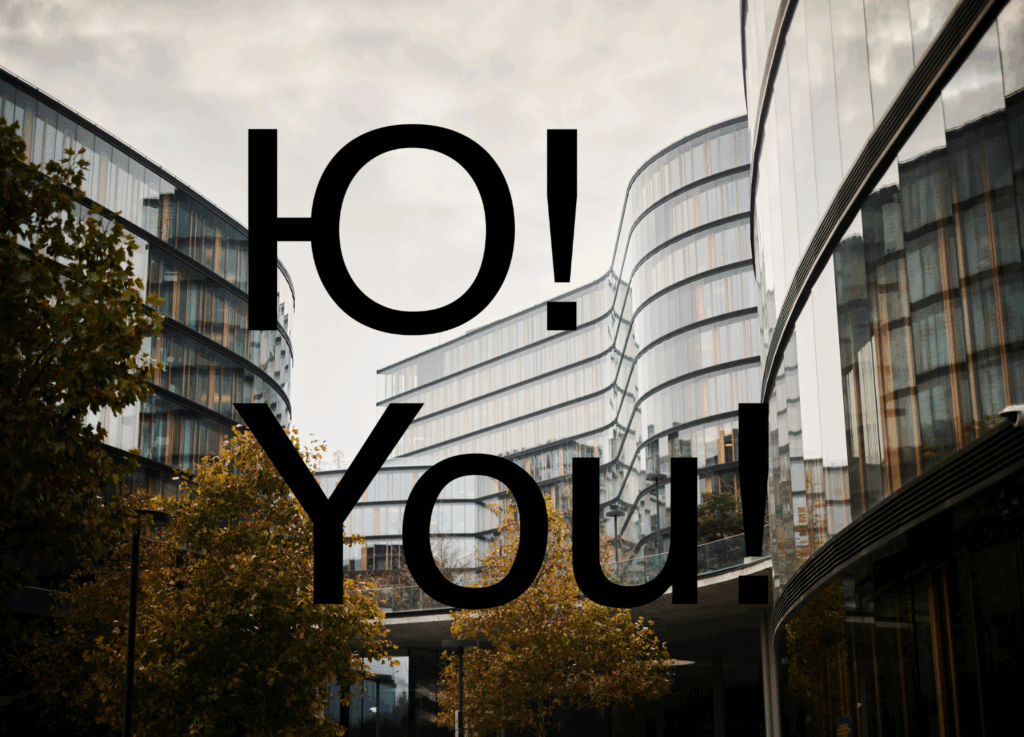
10 June 2025
Professional Integration HUB 3.0: Open call for Ukrainian women professionals in Austria
Read more
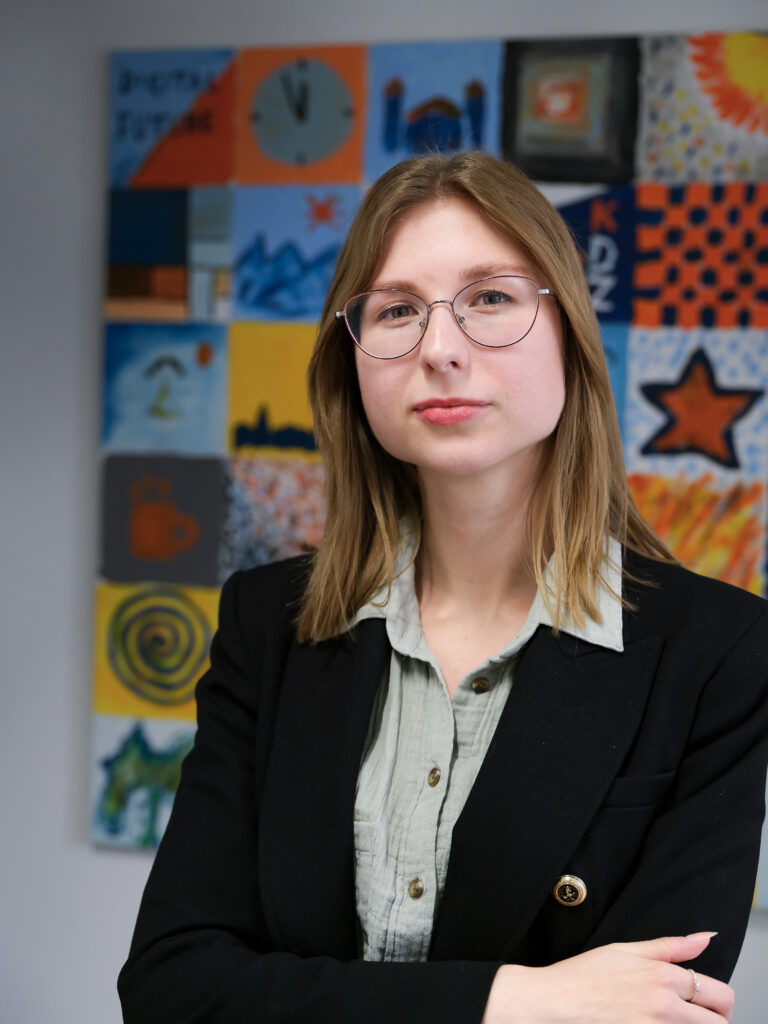
18 February 2025
Anastasiia Hatsenko: “Never stay silent about the war”
Read more
All news
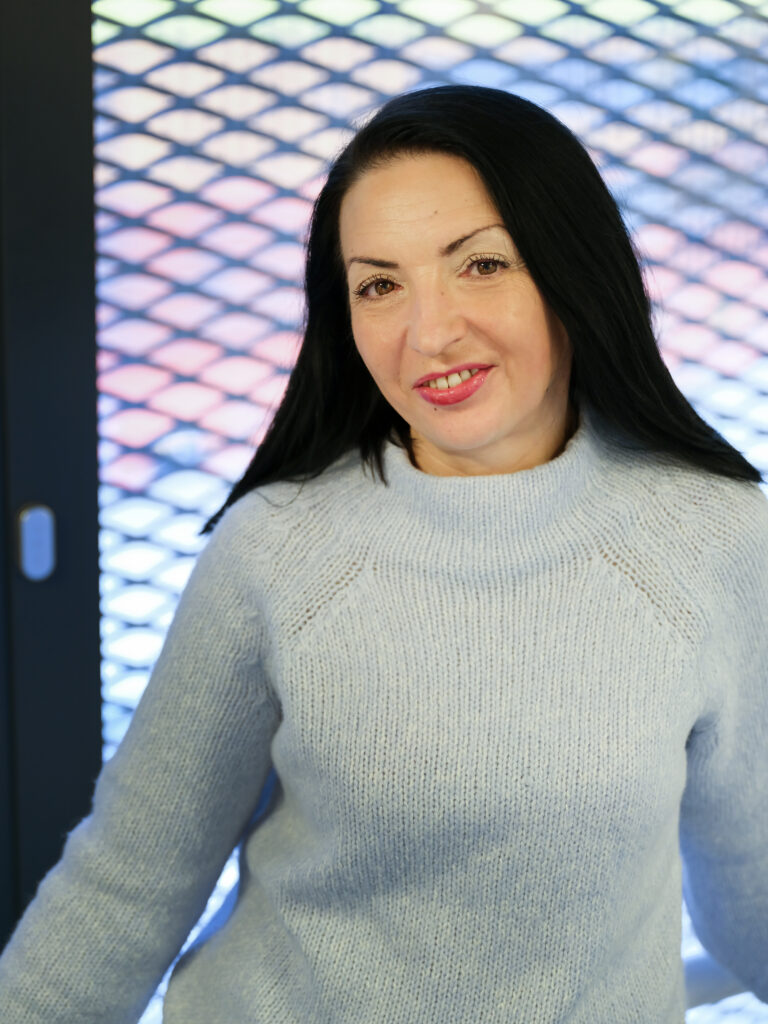
18 February 2025
Oksana Denys: “I consider participating in the program a significant achievement in itself”
Read more
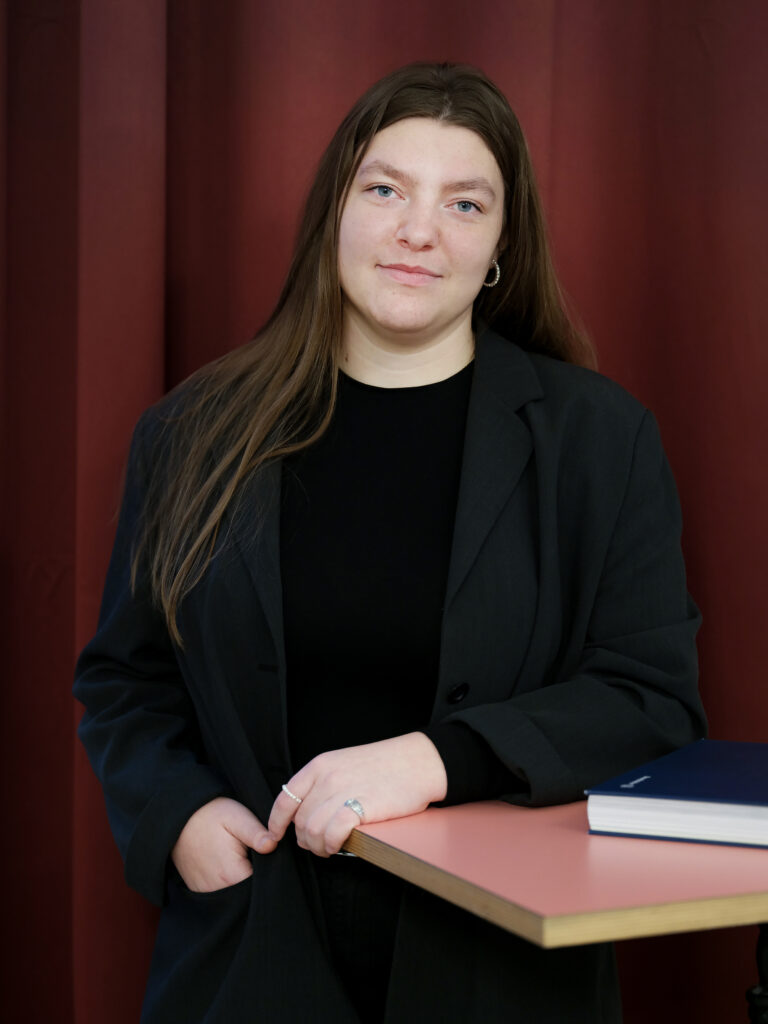
18 February 2025
Mariia Molodcha: “My greatest achievement within the program has been meeting expectations and earning the satisfaction of my colleagues and supervisors, who offered me the opportunity to extend my internship at the bureau”
Read more
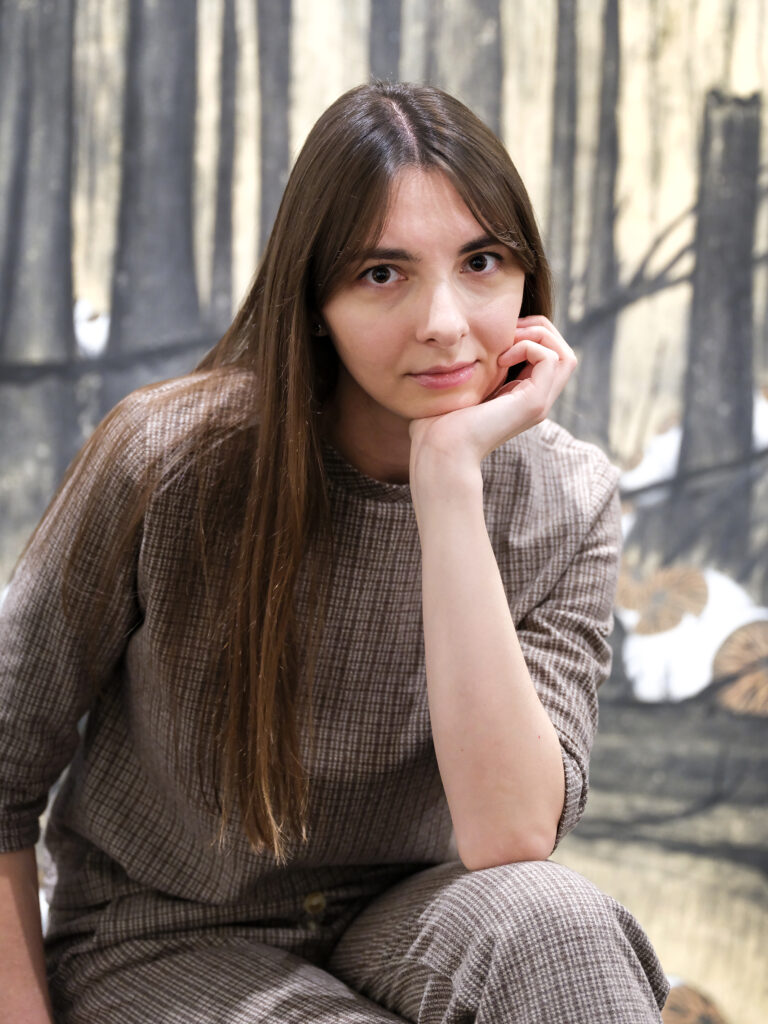
18 February 2025
Kateryna Holubova: “I’ve felt the “imposter syndrome” all the time, but I choose to focus on feeling lucky rather than guilty about it”
Read more
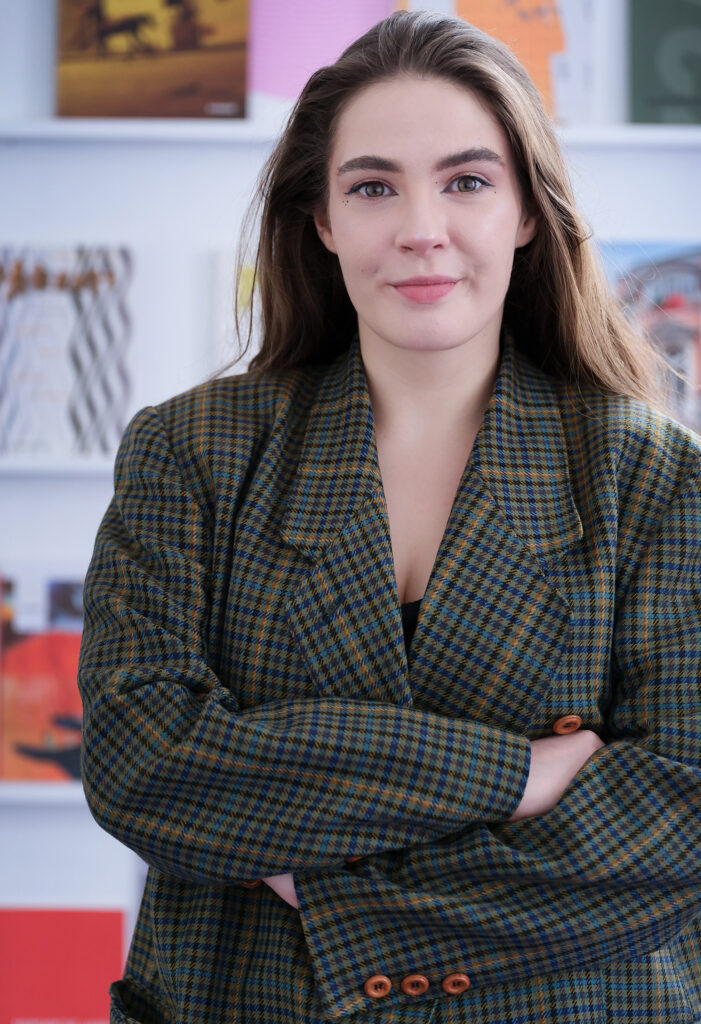
18 February 2025
Diana Bilyk: “It’s more than just a program; it’s a community that supports each of us in growing”
Read more
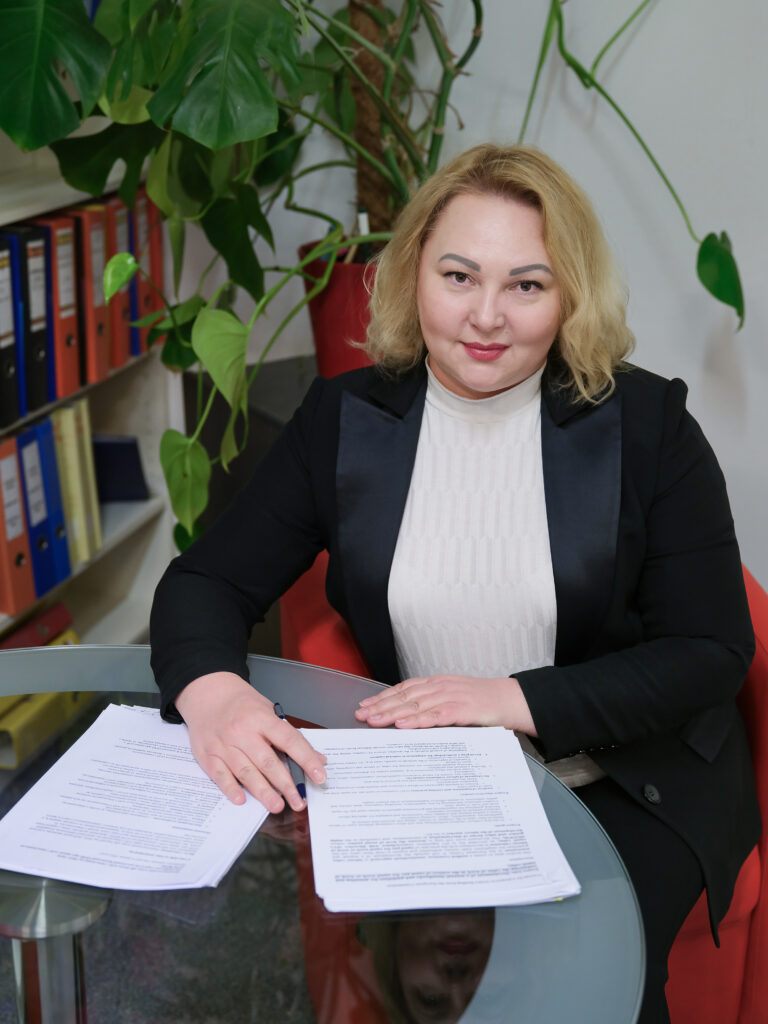
17 February 2025
Iryna D’yakonova: “HUB is the place where I found my people and calmed down”
Read more
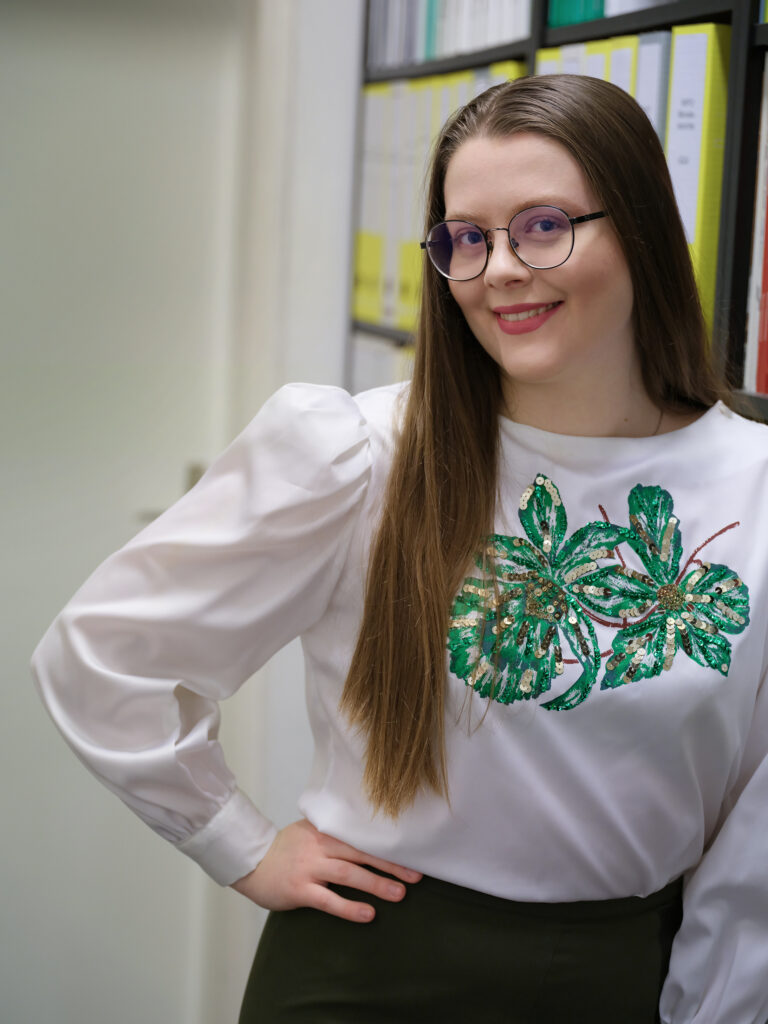
17 February 2025
Anna Pasko: “The project creators are doing their best to accommodate our needs and interests while fostering a sense of community”
Read more
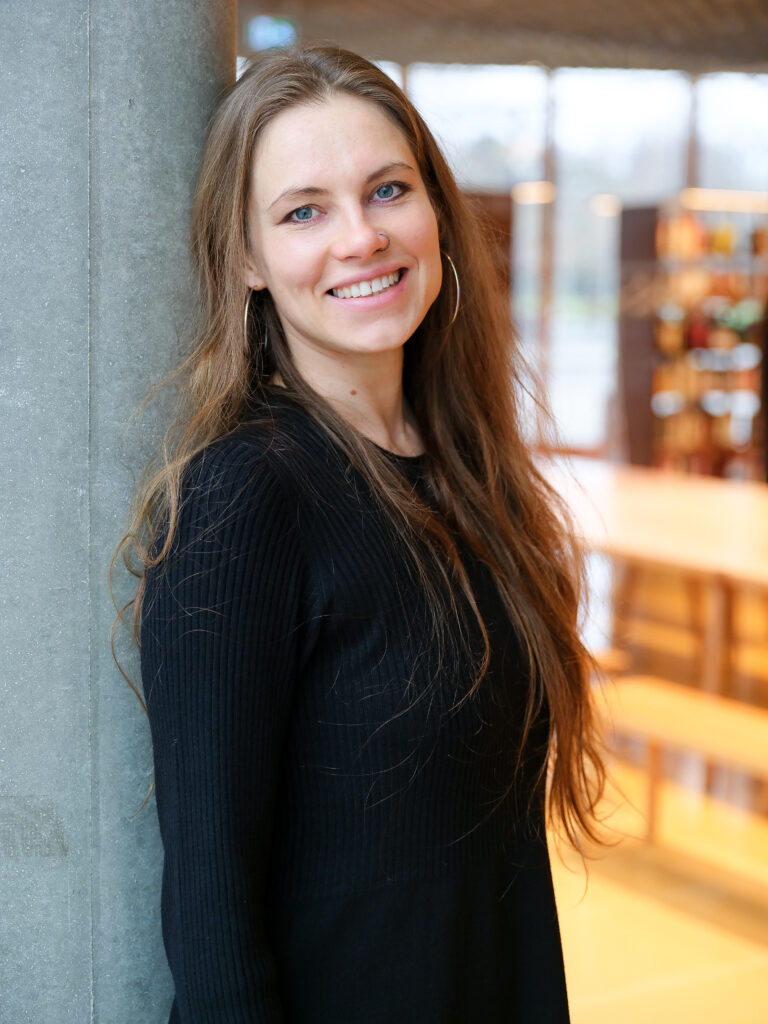
17 February 2025
Mariia Kardash: “My internship gave me the experience of belonging not only to the Office team but also to the Ukrainian art community of Graz”
Read more
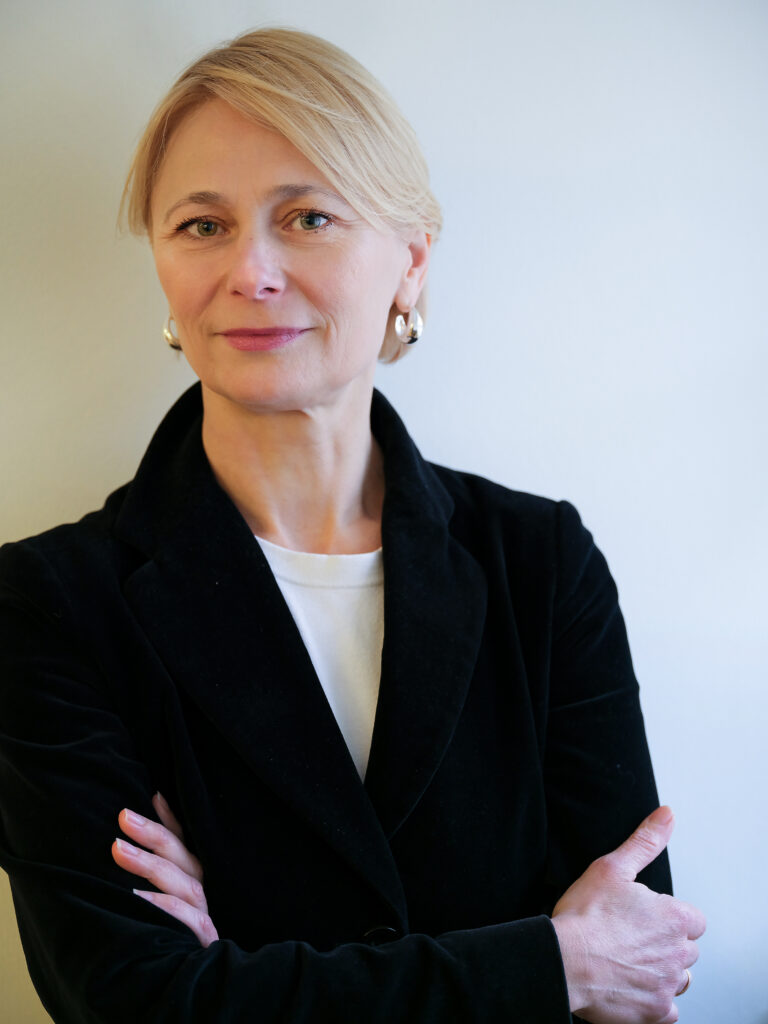
17 February 2025
Tetiana Stakhivska: “The seminars, expert-led sessions, and German language practice have increased my awareness and boosted my confidence in adapting to this new environment”
Read more
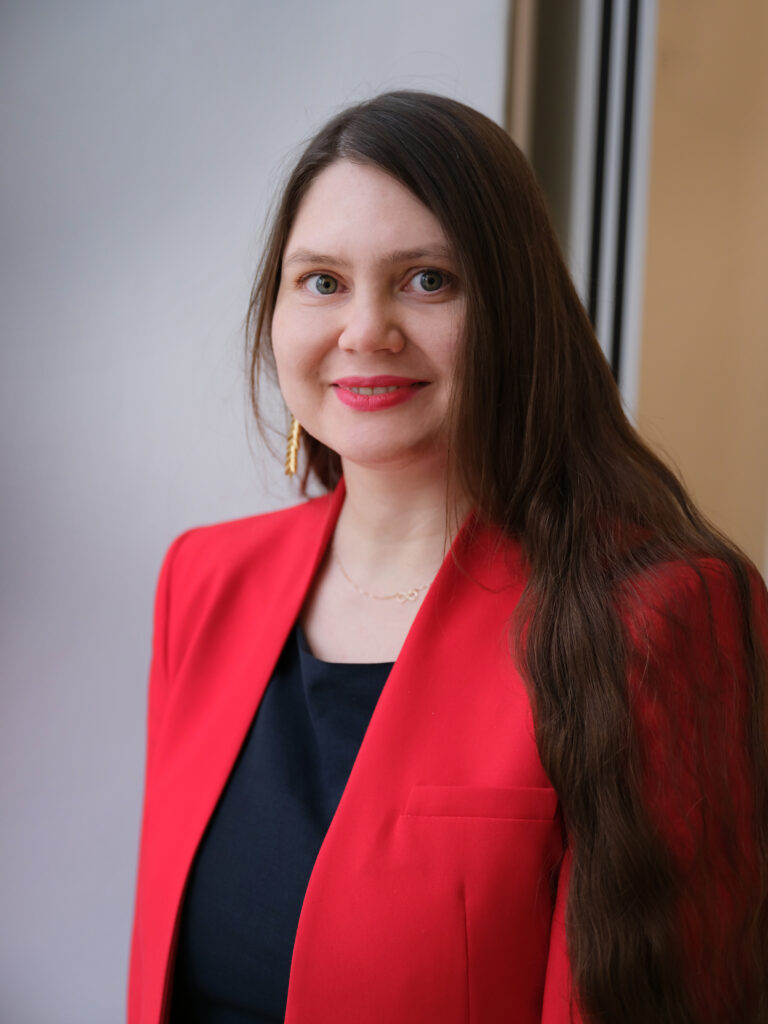
17 February 2025
Oksana Musiienko: “I consider myself integrated into the Austrian professional environment after completing the program”
Read more
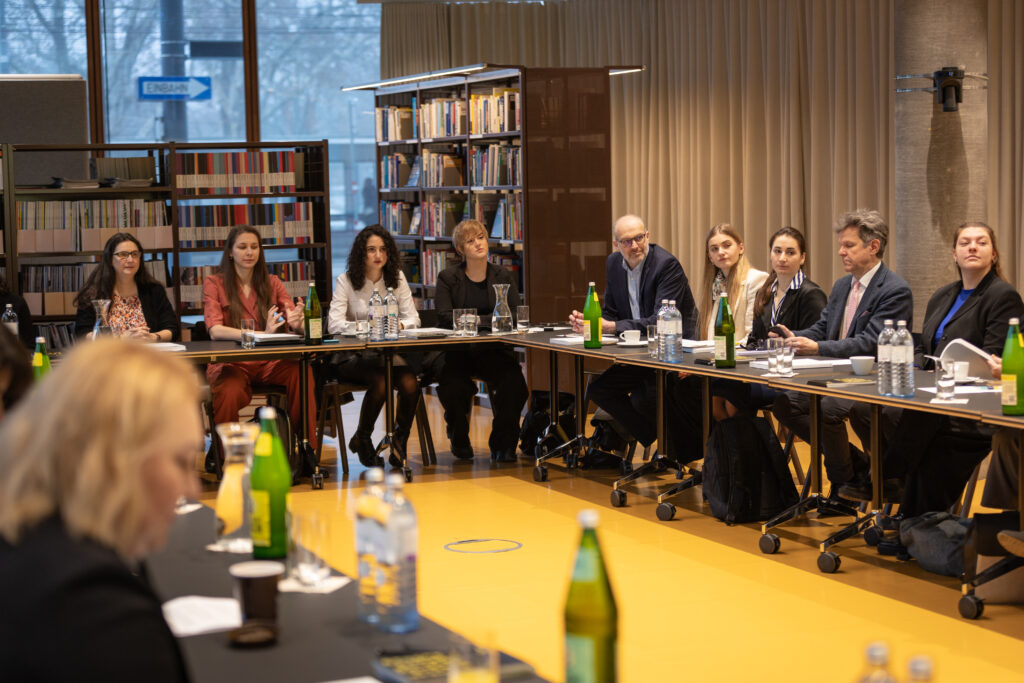
12 February 2025
Professional Integration HUB 2.0: results and prospects of the top integration program for Ukrainian women in Austria
Read more
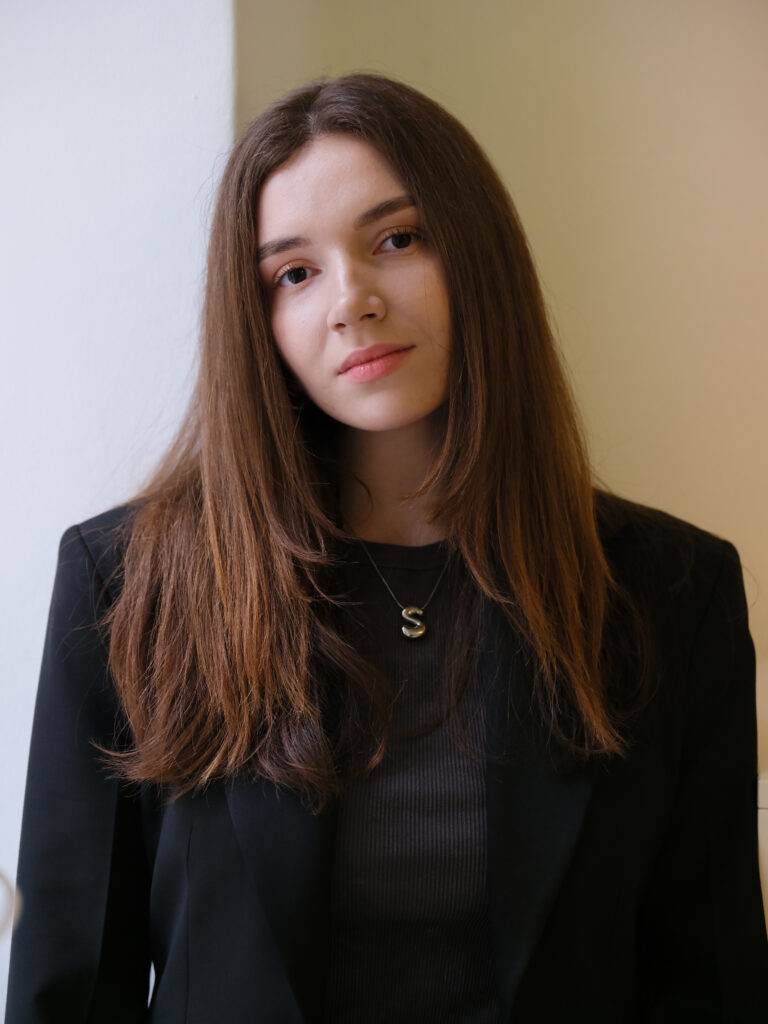
4 February 2025
Sabina Mamedova: “Integration doesn’t require perfection”
Read more
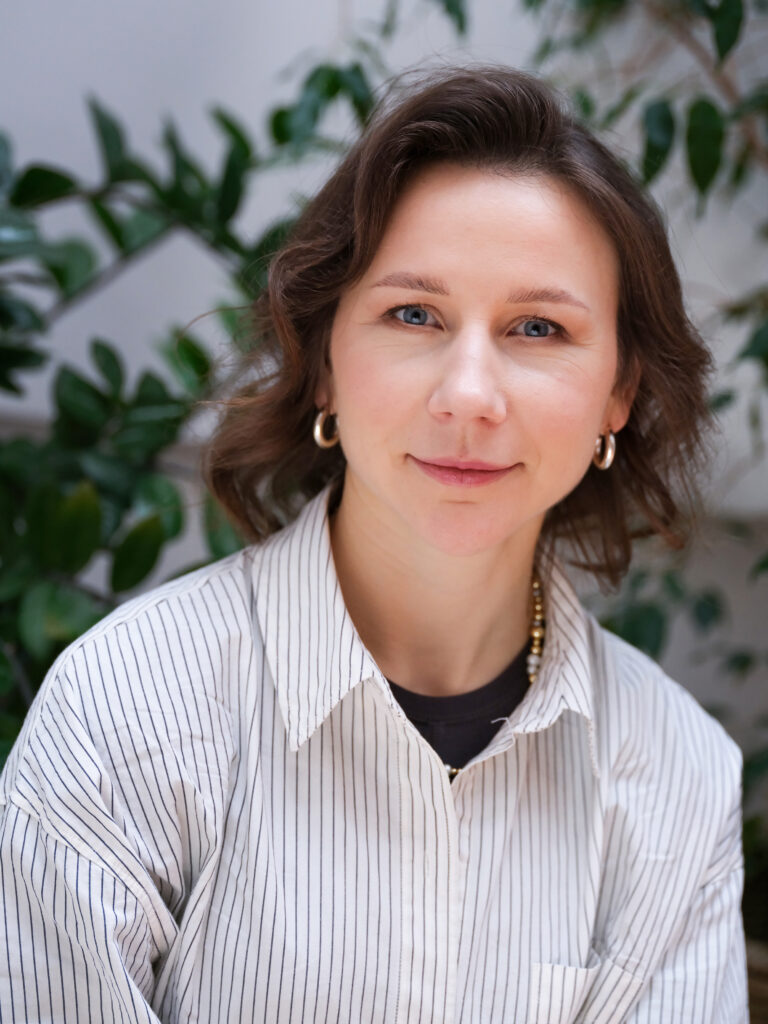
4 February 2025
Hanna Tomyshch: “Austrians have surprised me with how much trust they place in you to manage your own work”
Read more
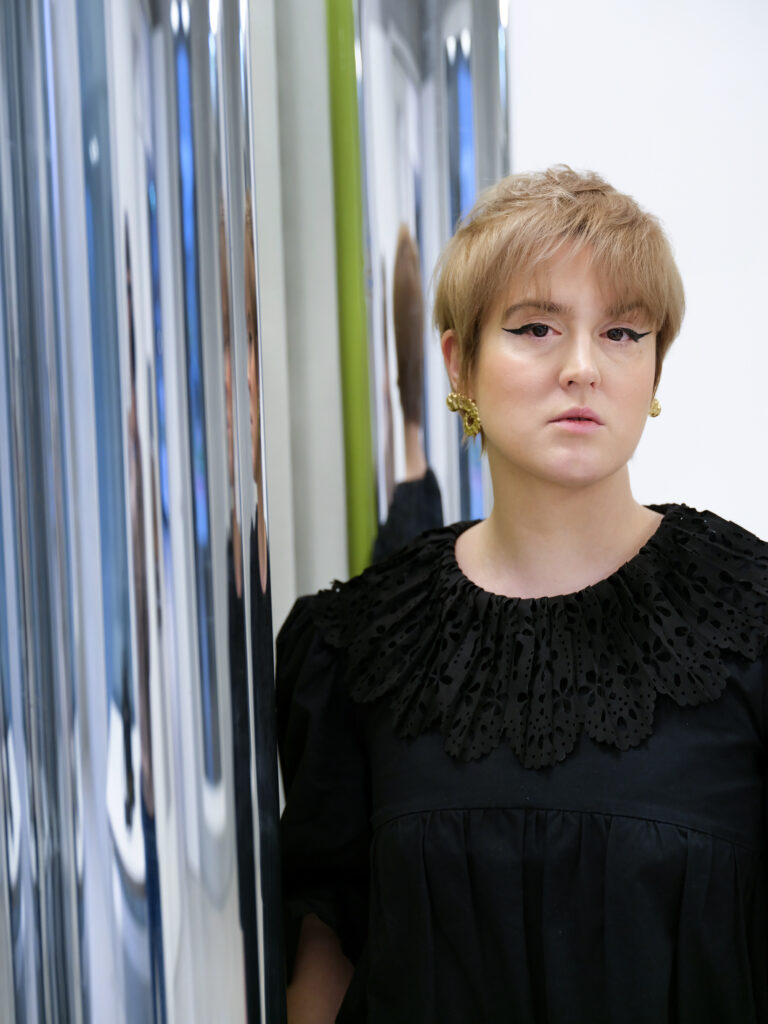
4 February 2025
Olesia Kvitka: “The program has strengthened my belief that I can be a catalyst for meaningful change”
Read more
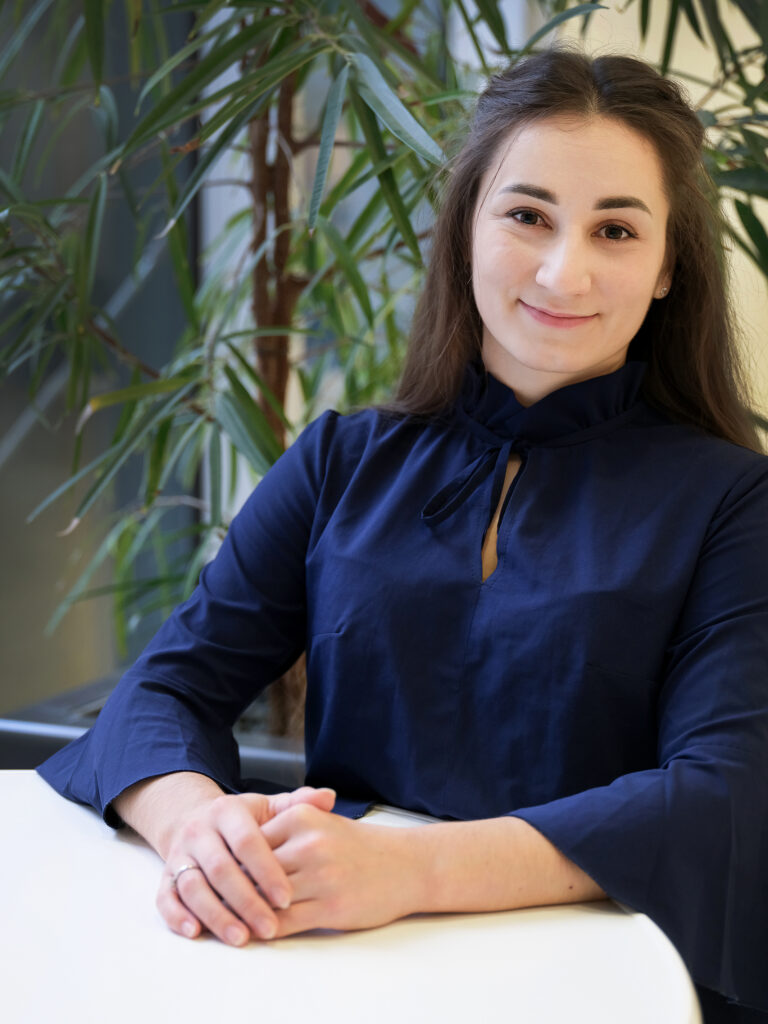
3 February 2025
Anna Semenchenko: “My greatest achievement within the program is demonstrating that Ukraine has professionals who can contribute on an international level”
Read more
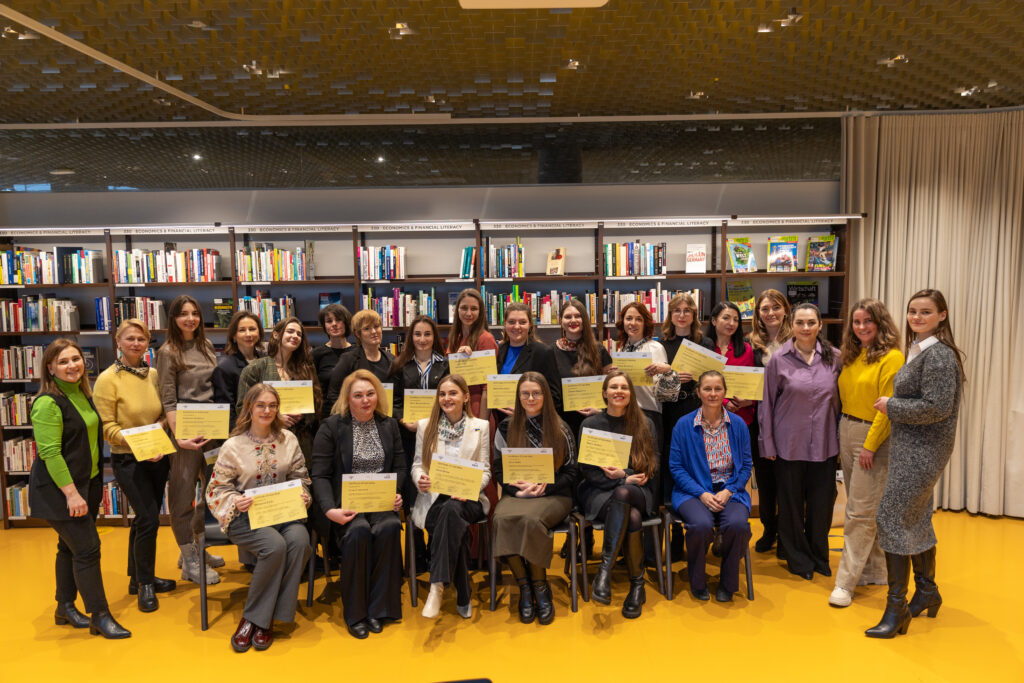
28 January 2025
The Final Conference of the Professional Integration HUB 2.0 took place: how it was
Read more
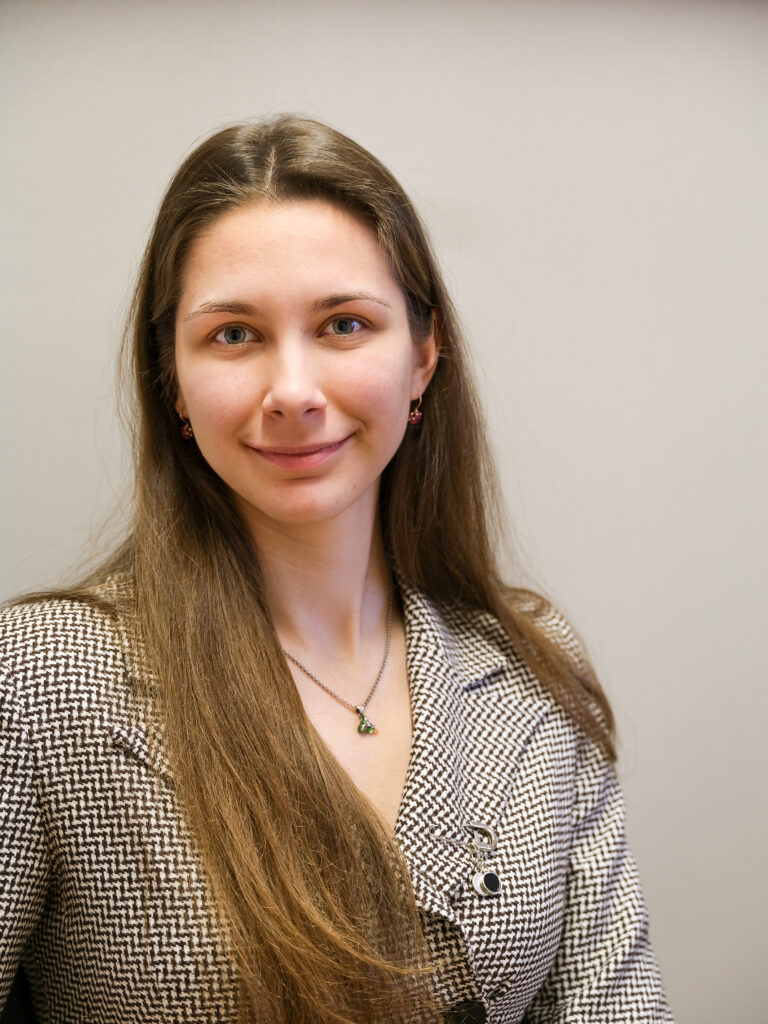
16 January 2025
Anastasiia Krasina: “The moment that impressed me the most during the program was realizing how much my colleagues genuinely want to help and support me”
Read more
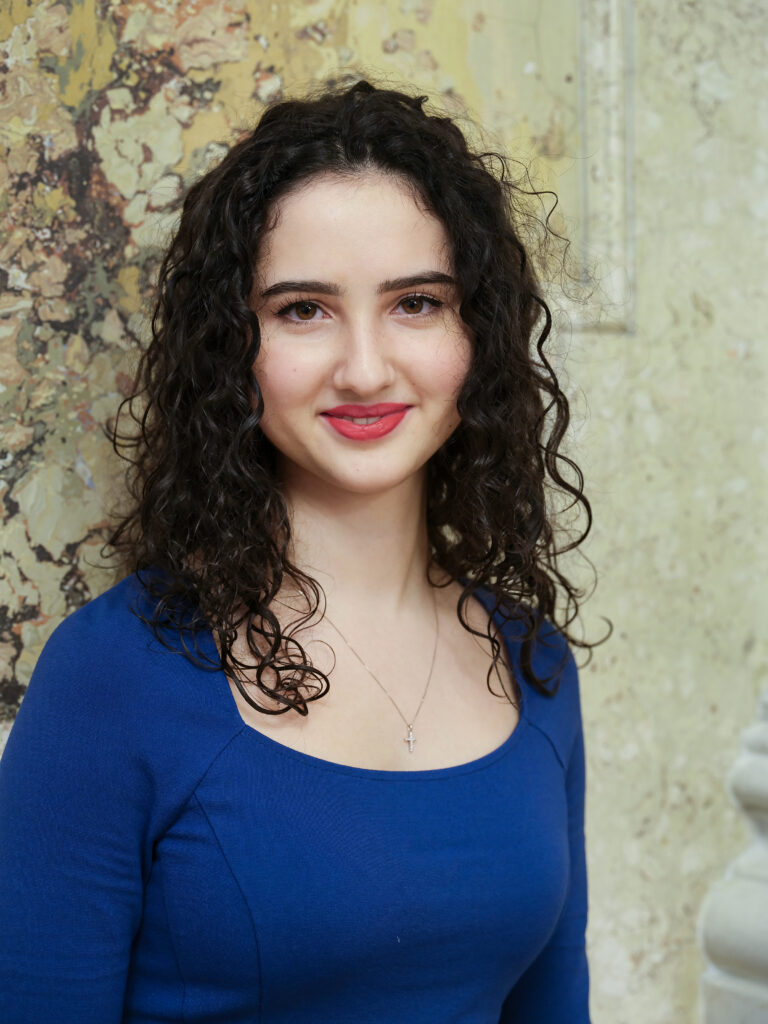
16 January 2025
Oleksandra Azizova: “I am deeply impressed by the openness of my team, their willingness to share their knowledge and experience, and their patience with my German”
Read more
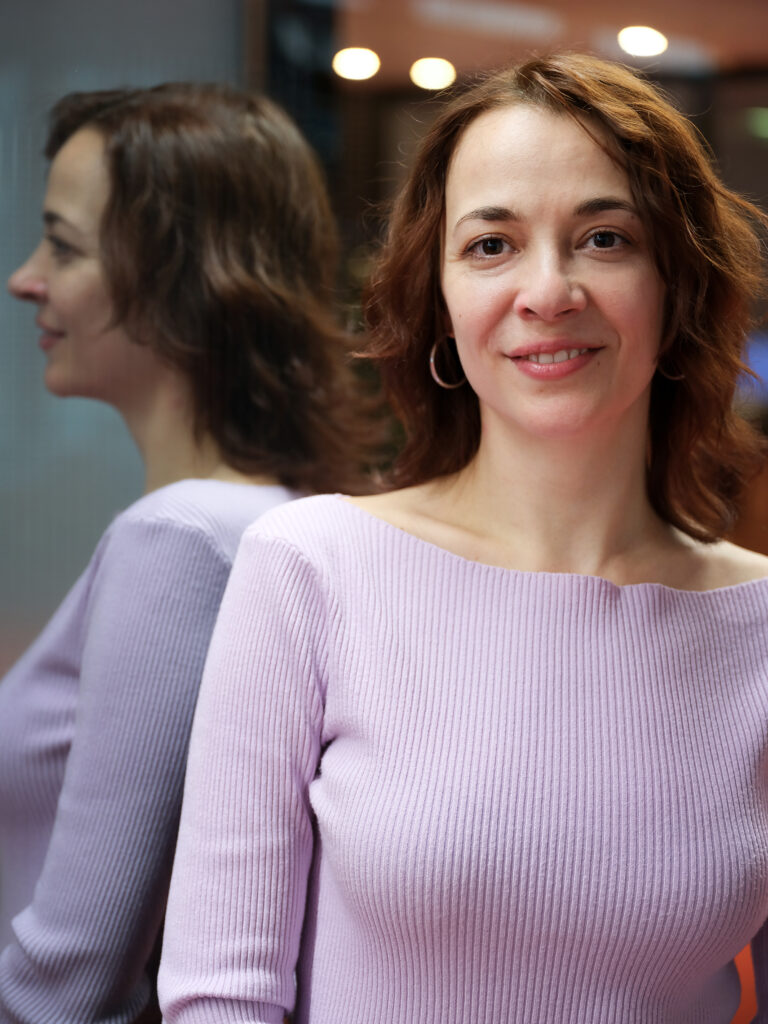
16 January 2025
Nataliia Bilohlazova: “The HUB has been more than just a program for me; it has been a lifeline during a time when I needed it most”
Read more
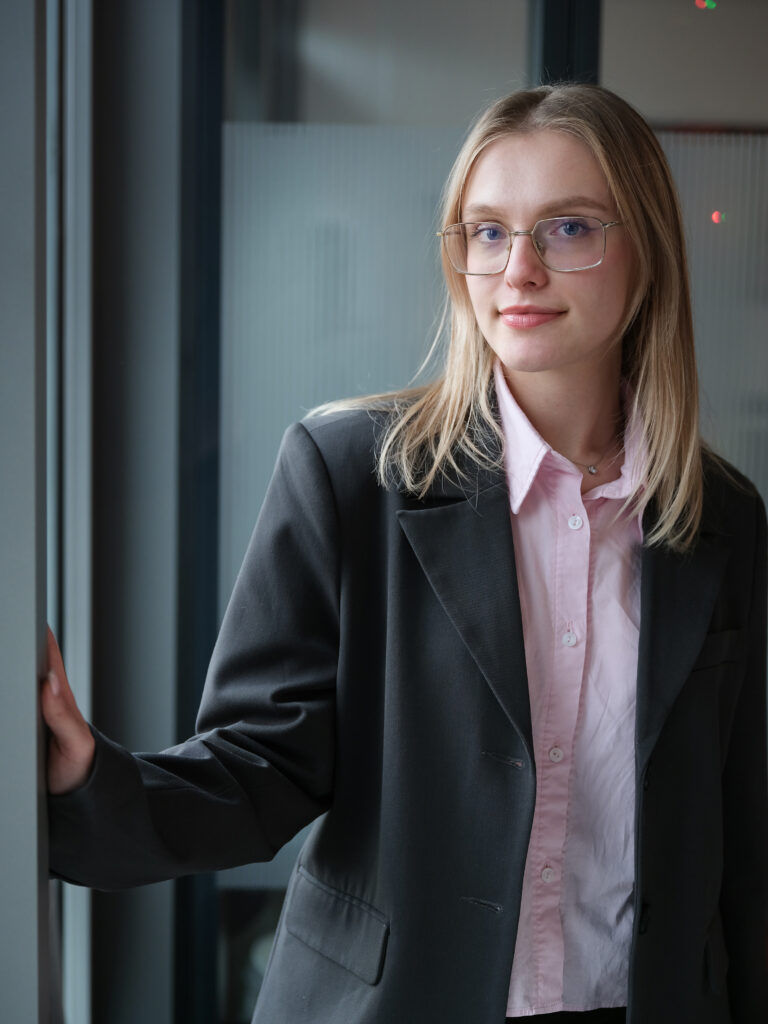
16 January 2025
Marharyta Pavliv: “Ukraine could benefit greatly from Austria’s emphasis on structured professional development programs and employee well-being”
Read more
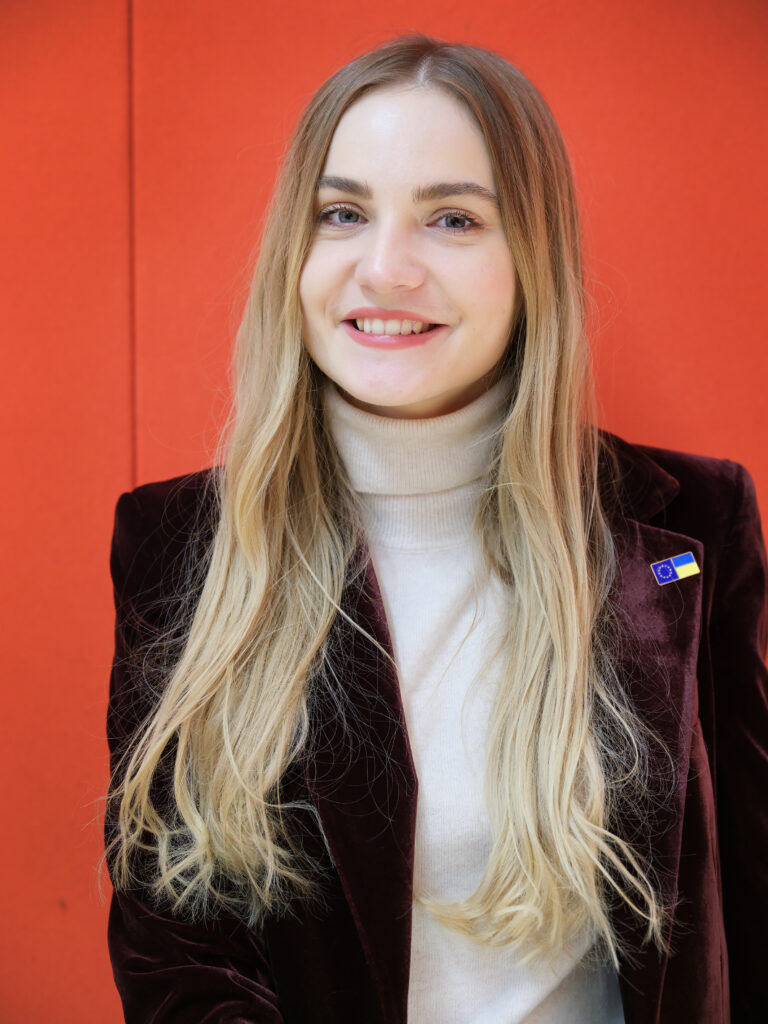
16 January 2025
Marta Beska: “I have always believed that Ukraine’s future lies within the European family, the European Union”
Read more
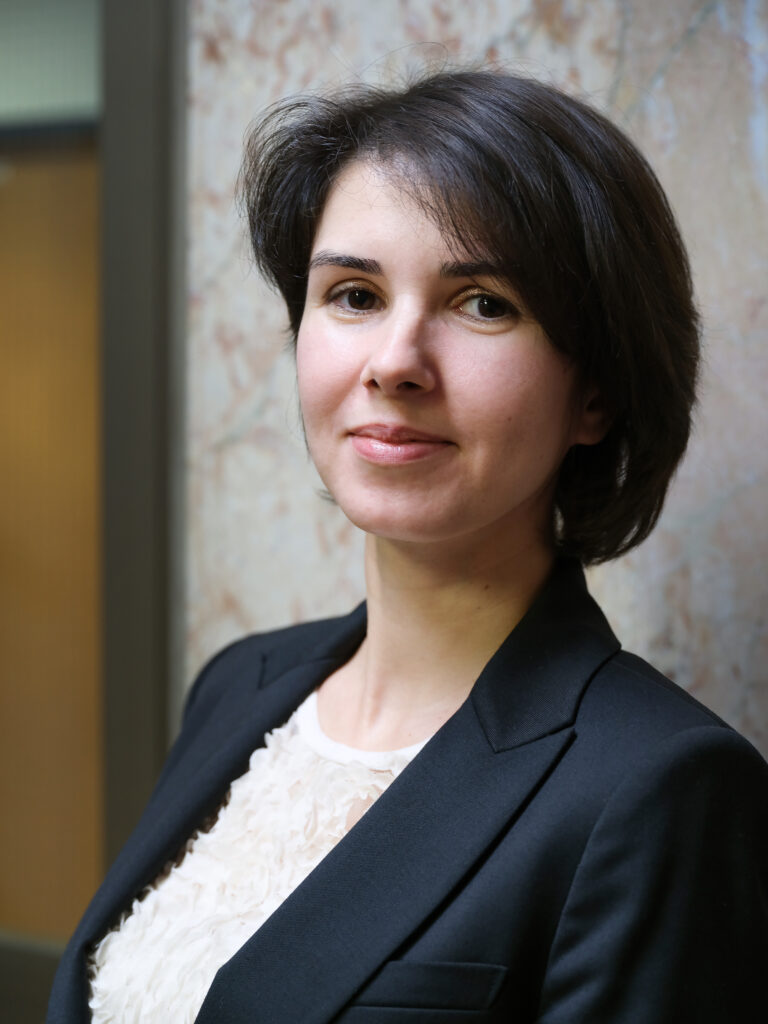
16 January 2025
Viktoriia Tkachuk: “The program fosters a Ukrainian community that has the capacity to provide guidance and support for the professional development of its members”
Read more
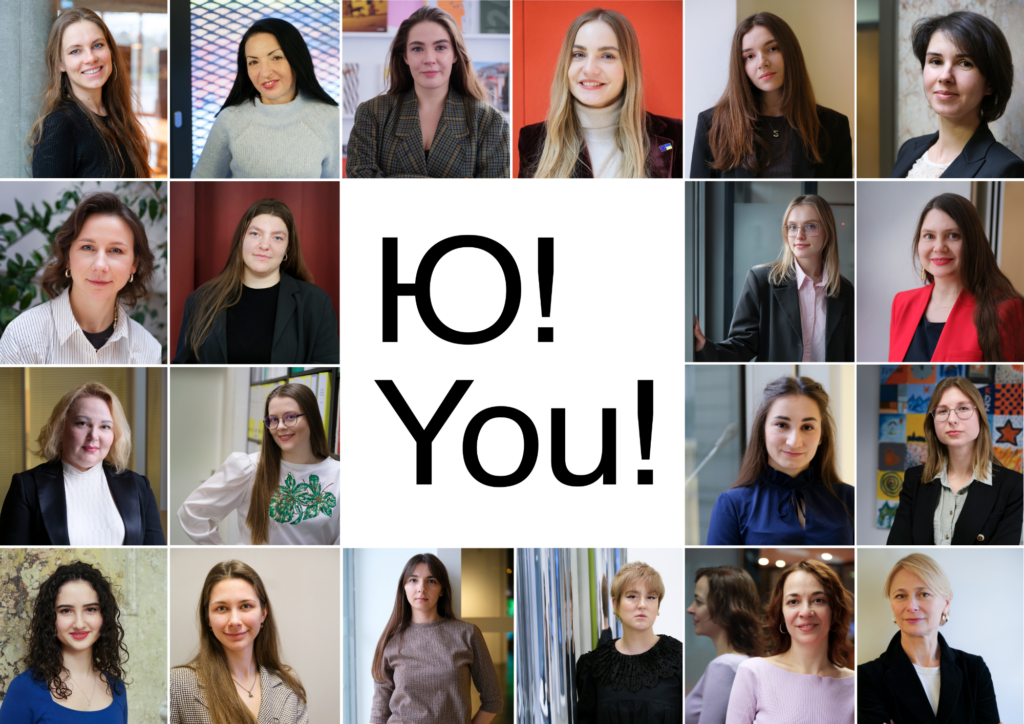
16 January 2025
20 personal stories of Ukrainian women in Austria: Interviews with participants of HUB 2.0
Read more
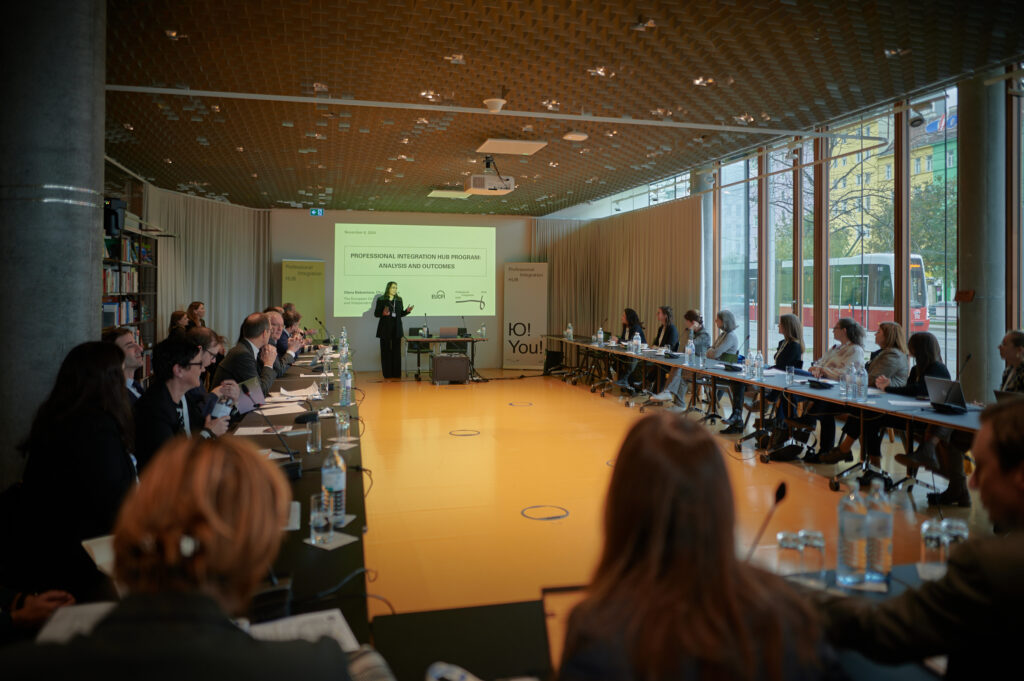
14 November 2024
Perspectives of Ukrainian displaced persons in Austria and Europe: Key stakeholders addressed challenges and solutions
Read more
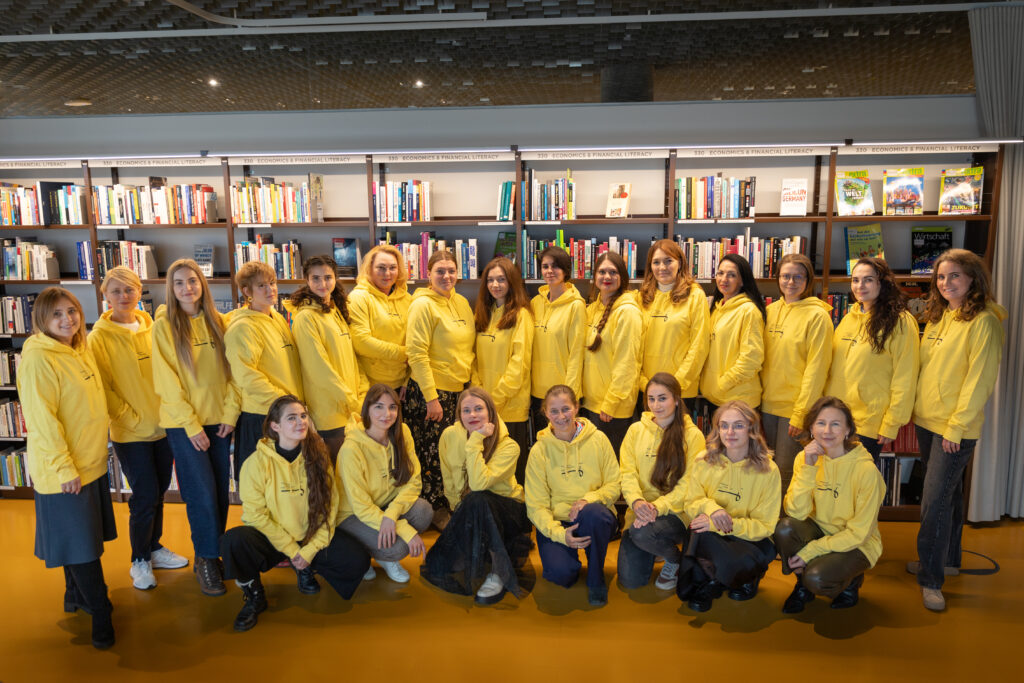
24 October 2024
Launch of the Professional Integration HUB 2.0: How It Happened
Read more
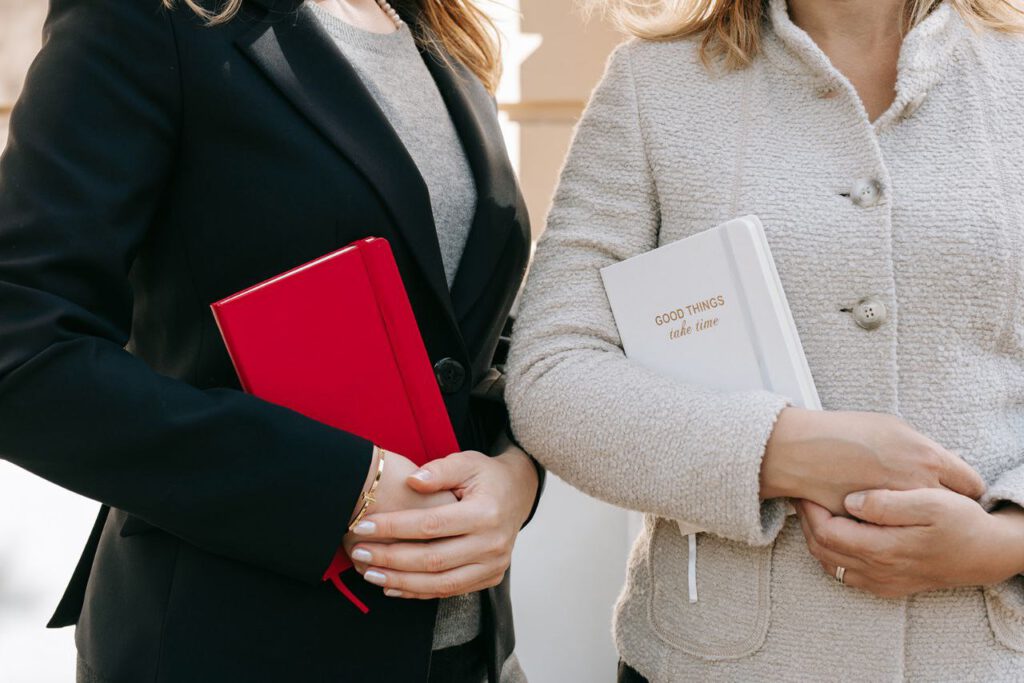
15 October 2024
Professional Integration HUB 2.0 Announces Full List of Participants
Read more
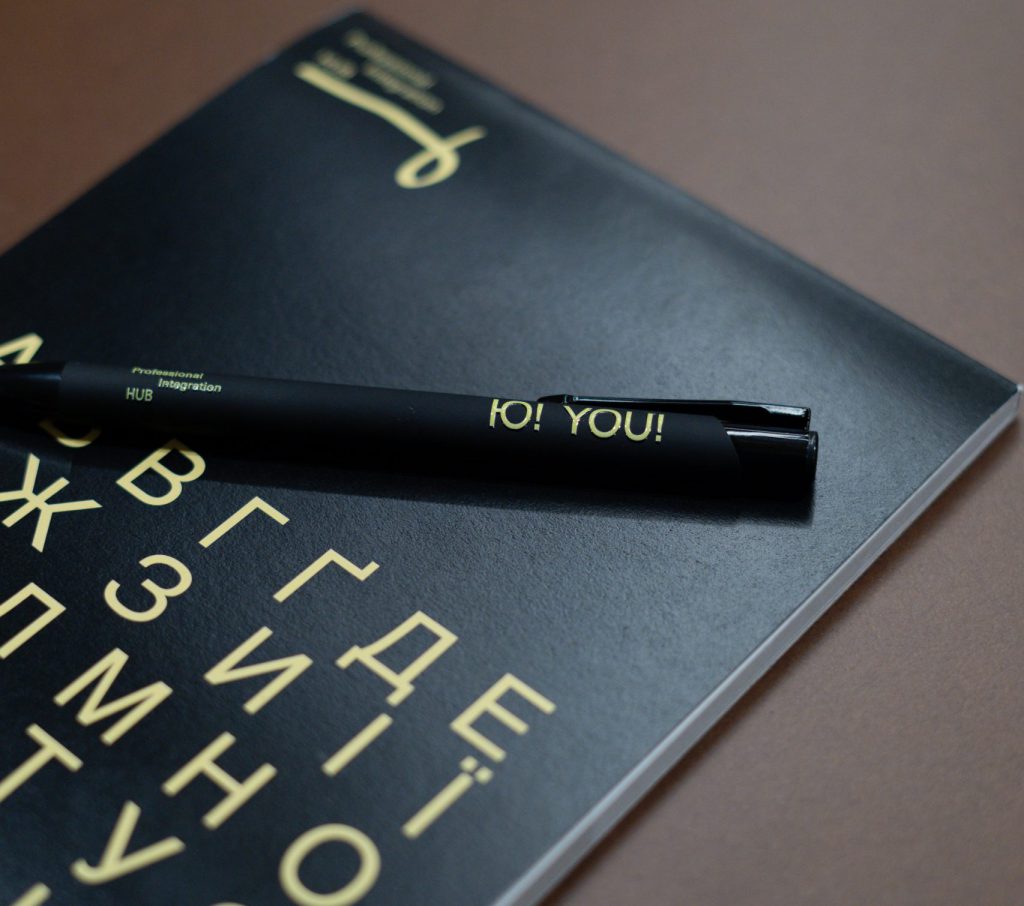
9 September 2024
The Application Period is closed!
Read more

5 August 2024
OPEN CALL!
Read more
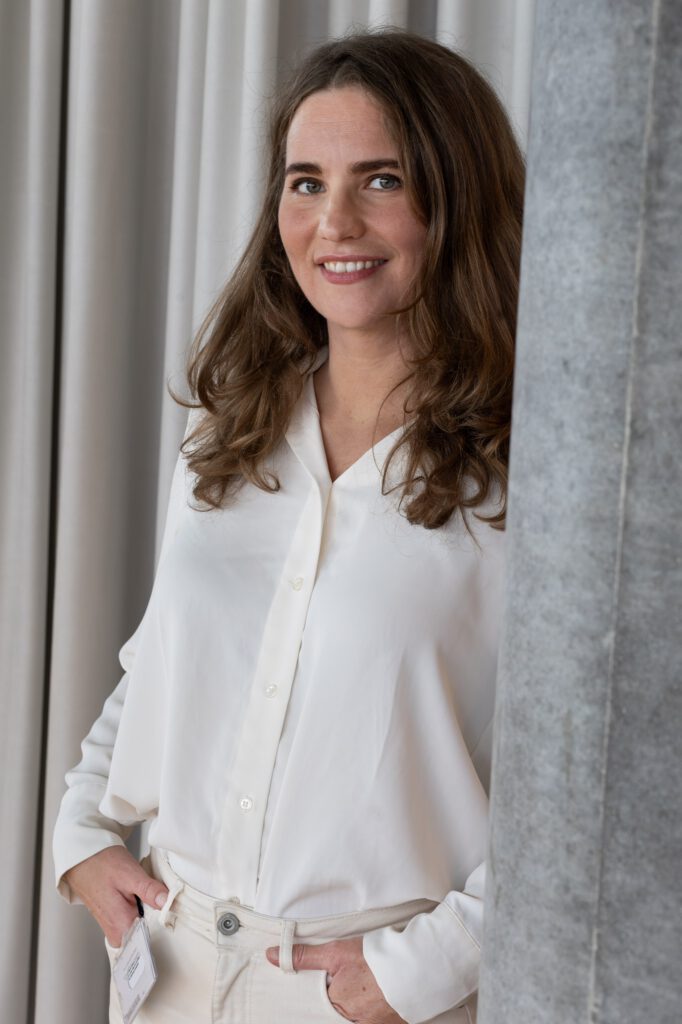
29 July 2024
Olena Sushkova: “A significant takeaway from my time in the Austrian professional environment is the importance of fostering a friendly workplace culture”
Read more
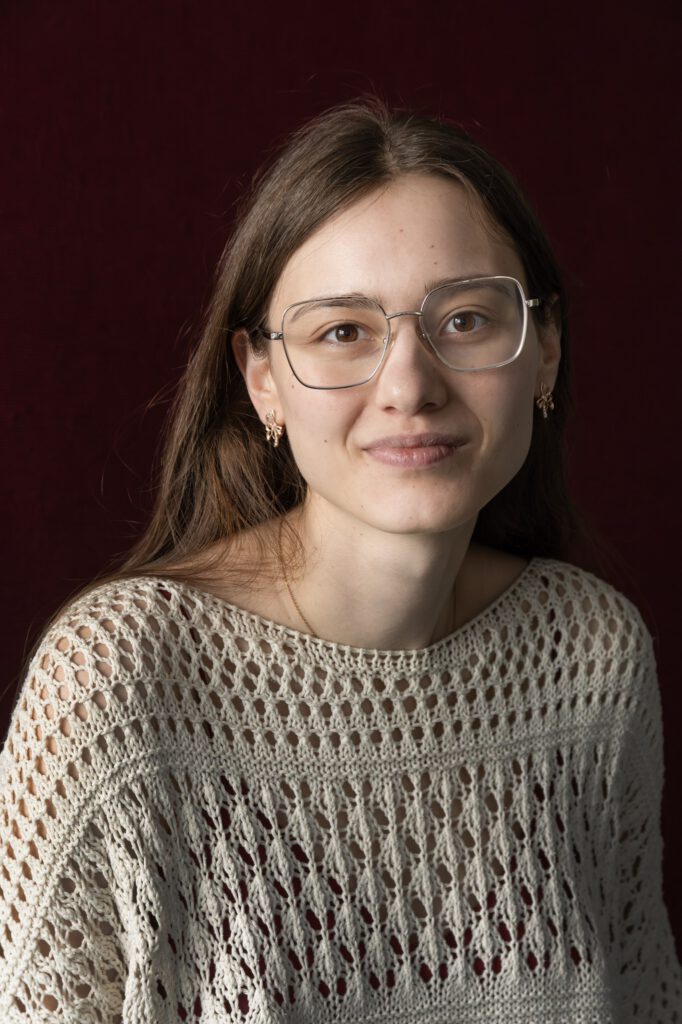
25 July 2024
Viktoriia Shvaher: “This internship helped me clarify my career goals and identify areas for improvement”
Read more
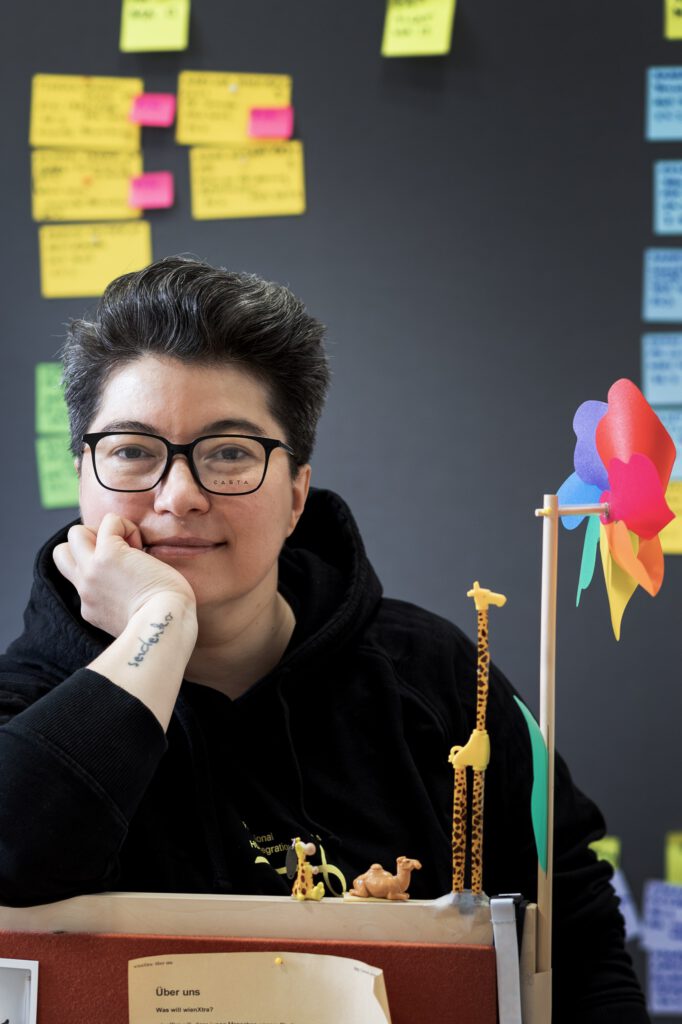
16 July 2024
Nataliya Sherimbetova: “Now I have confidence in my qualifications and abilities to excel in any office environment in Austria and beyond”
Read more
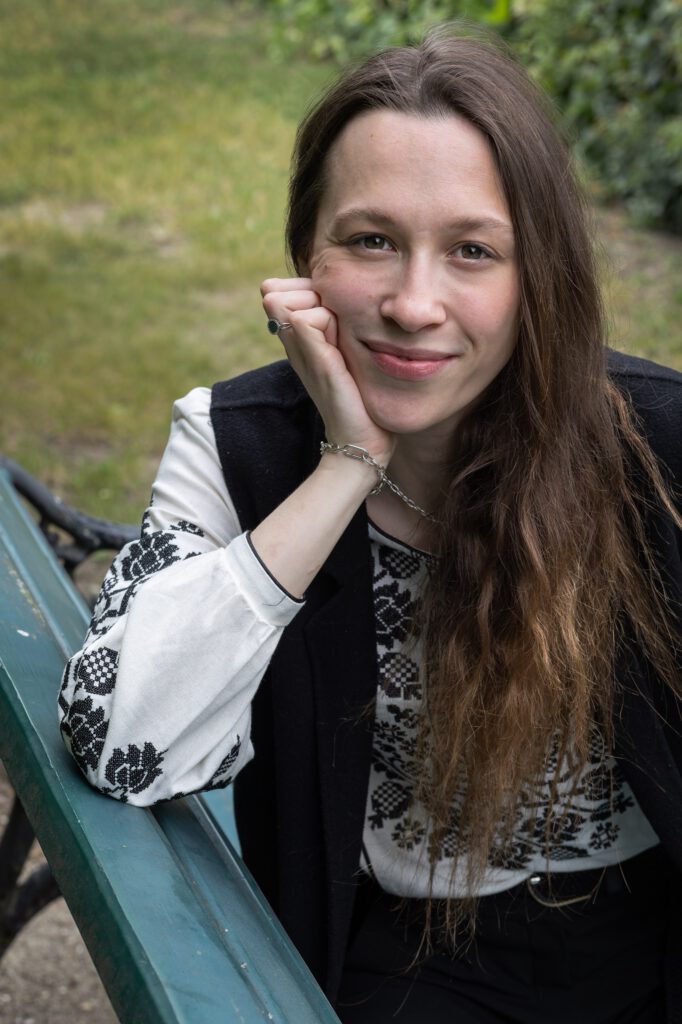
9 July 2024
Matilda Cherednichenko: “It is normal to encounter difficulties, but it is important not to lose sight of your goals and desires”
Read more
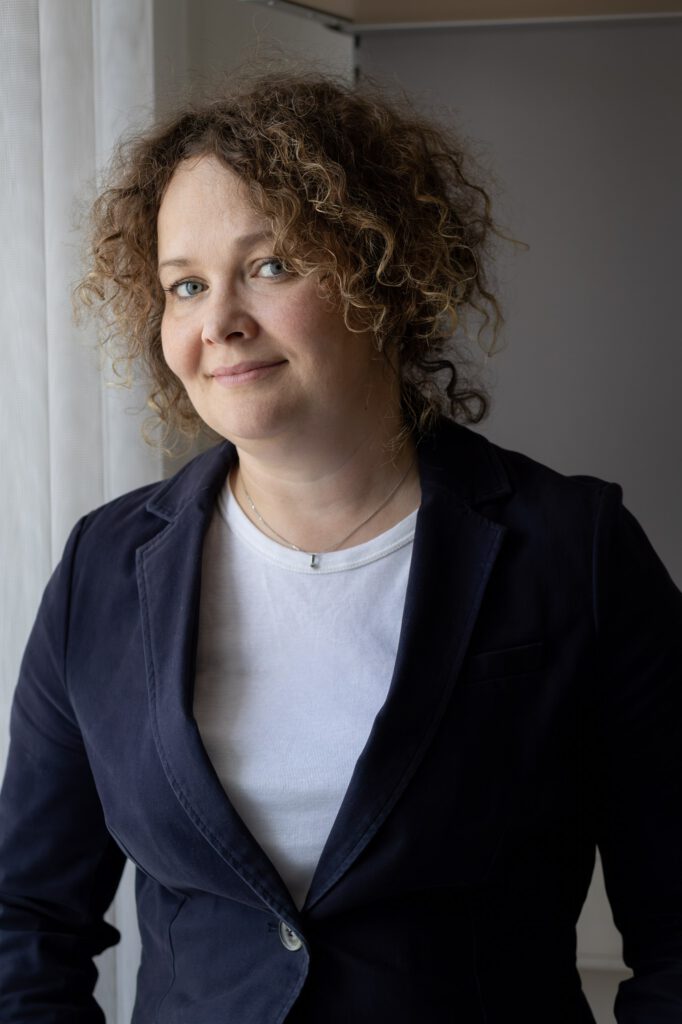
4 July 2024
Maryana Strepko: “My advice to Ukrainians living abroad is to always step out of your comfort zone”
Read more
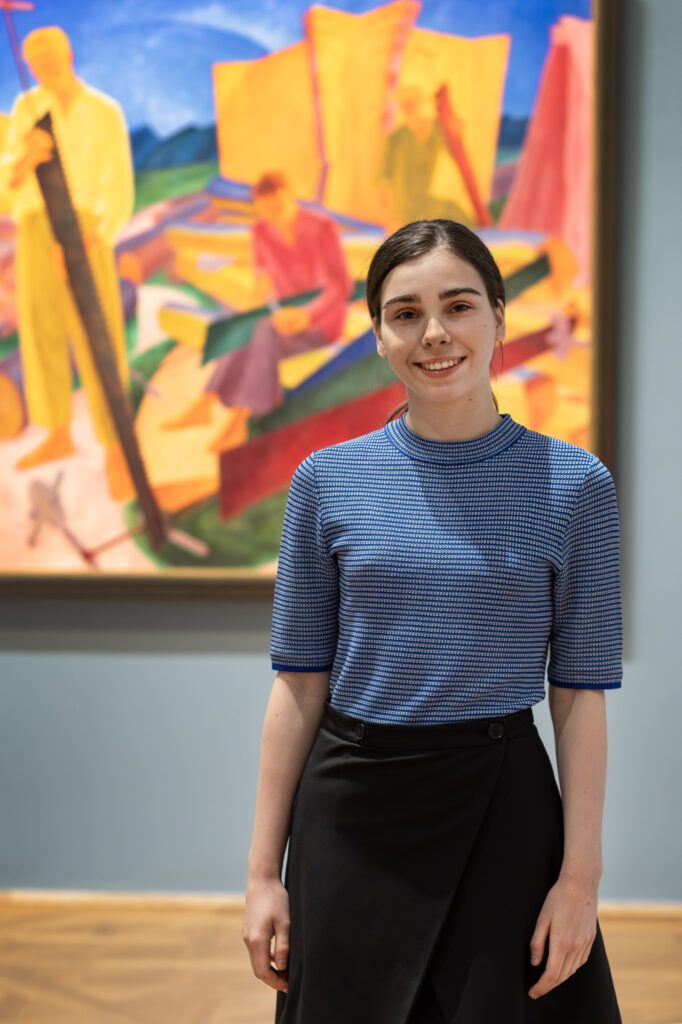
1 July 2024
Mariia Pylypenko: “The internship helped me develop clearer values, guiding my future path in the right direction”
Read more
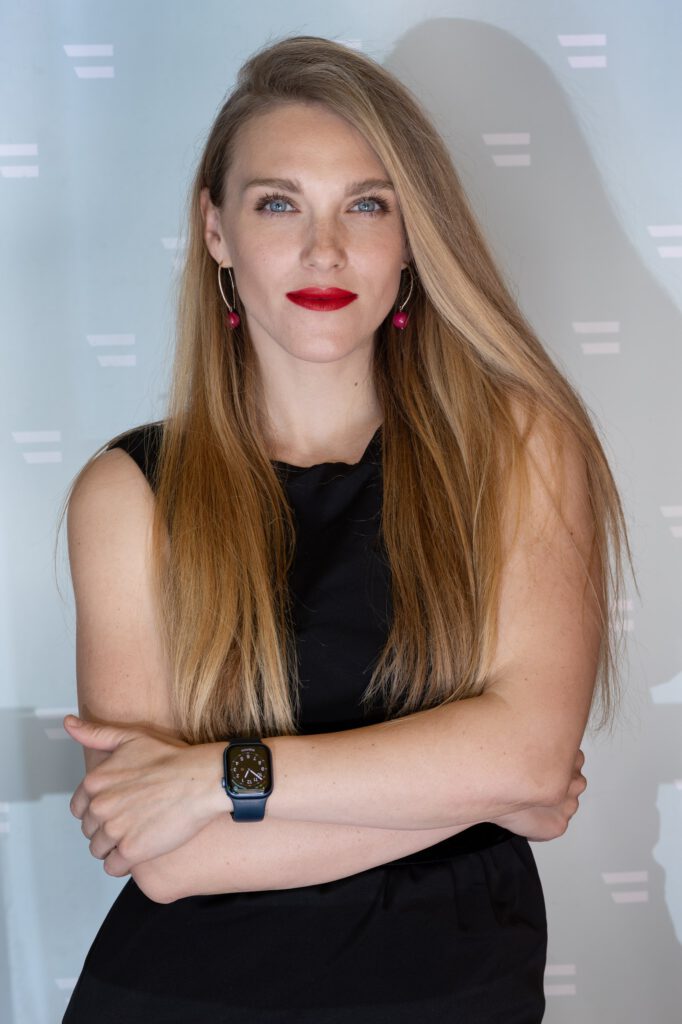
25 June 2024
Daria Driuchenko: “I truly believe that someone who works hard cannot remain an outsider”
Read more
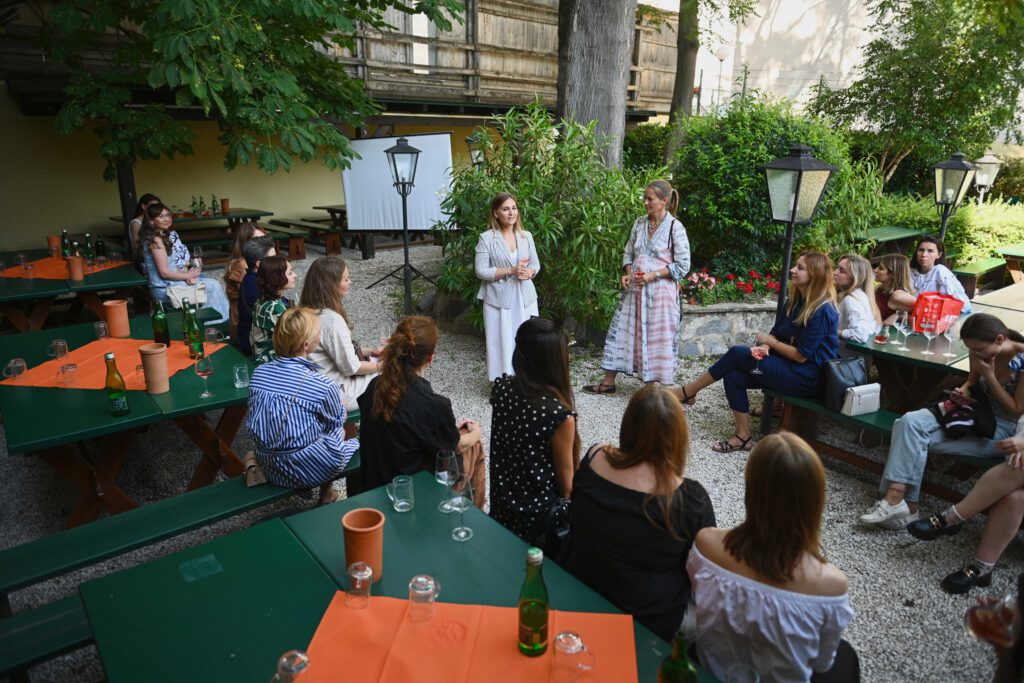
24 June 2024
Building a Community: The First Meeting of the Professional Integration HUB
Read more
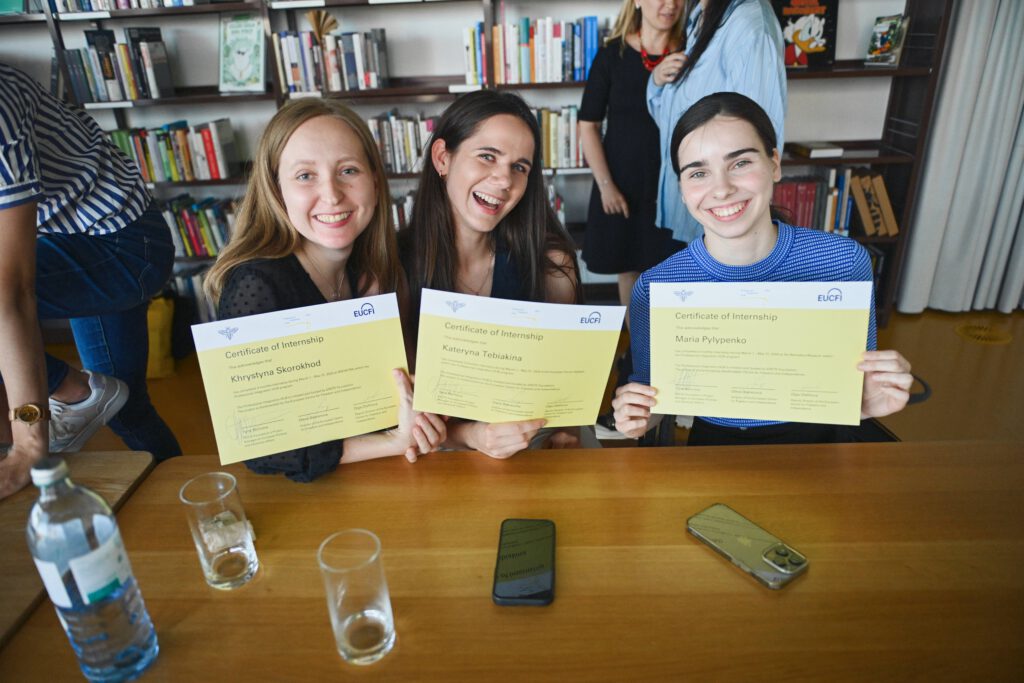
24 June 2024
Professional Integration HUB 1.0: Outcomes and Prospects of the Program
Read more
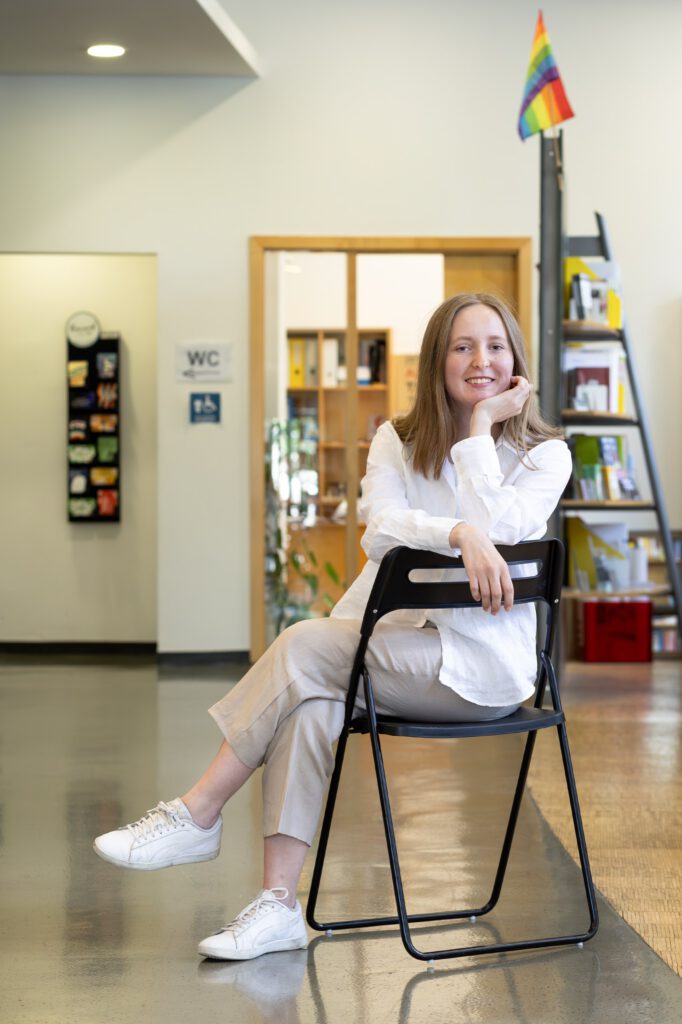
11 June 2024
Khrystyna Skorokhod: “The internship in the Professional Integration HUB program has significantly influenced my professional ambitions”
Read more
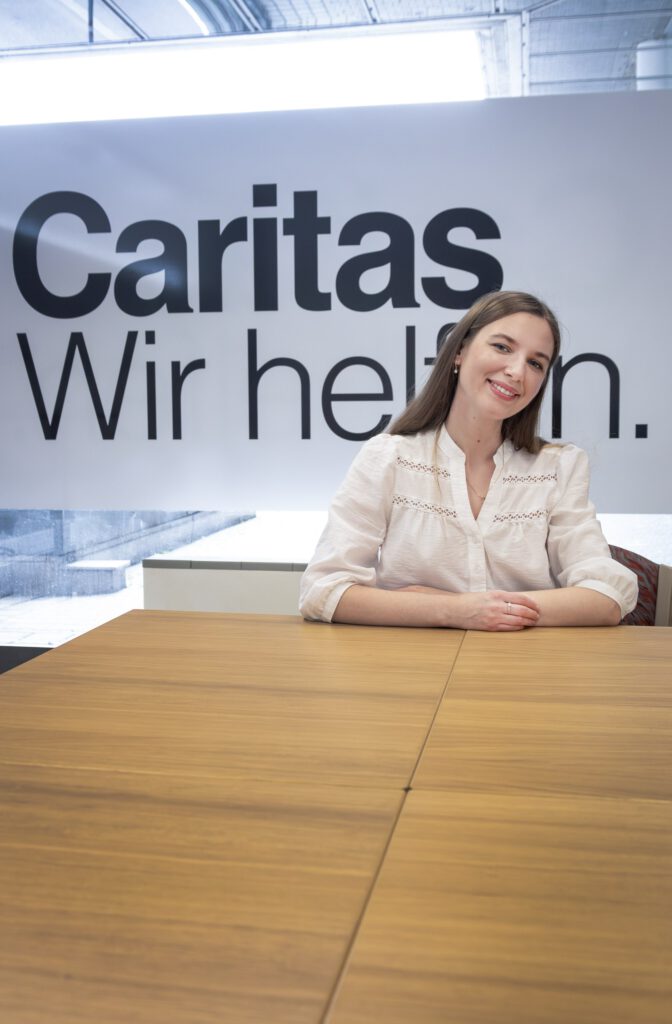
11 June 2024
Kateryna Tymoshenko: “By combining our mutual efforts, we have power in our hands and can act more efficiently together”
Read more
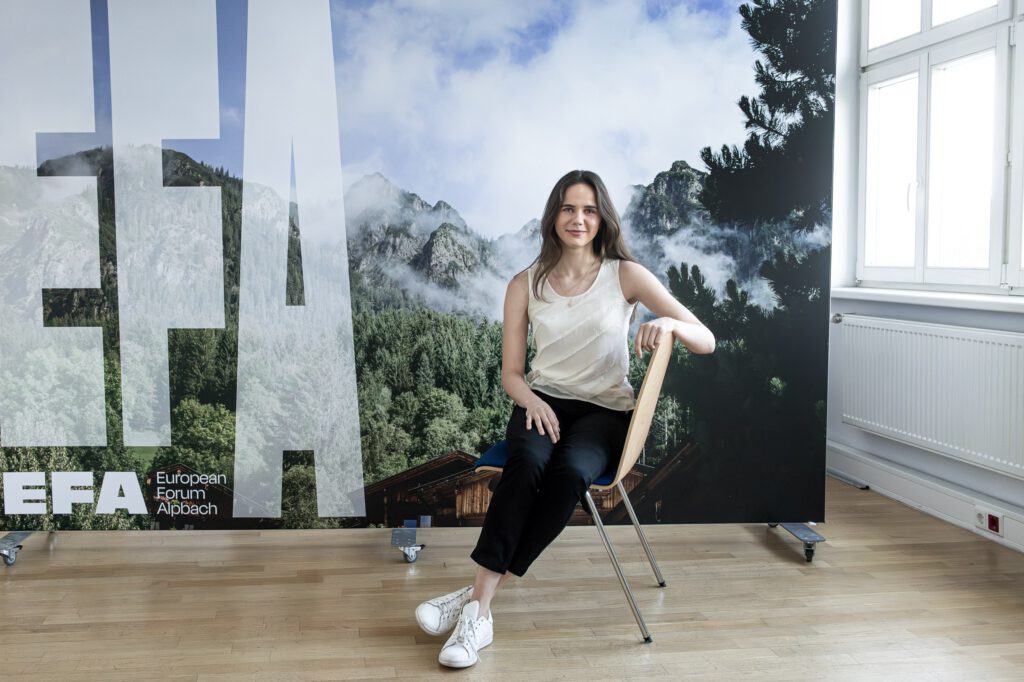
6 June 2024
Kateryna Tebiakina: “I’m excited to share the insights with the teams I used to work with back in Ukraine”
Read more
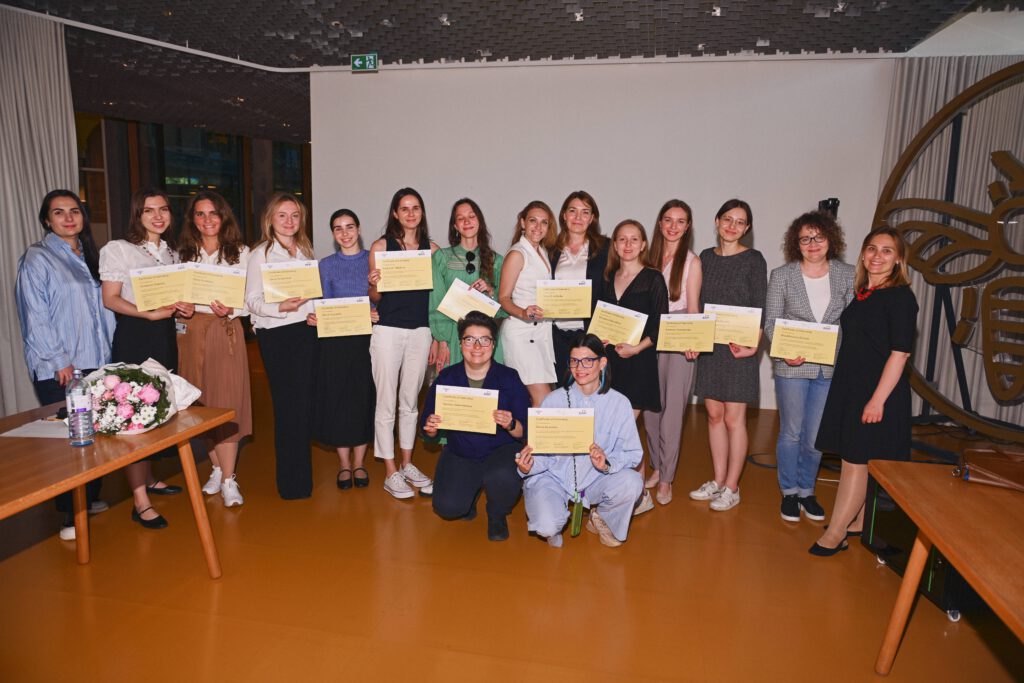
4 June 2024
The final conference of the Professional Integration HUB 1.0 took place: how it was
Read more
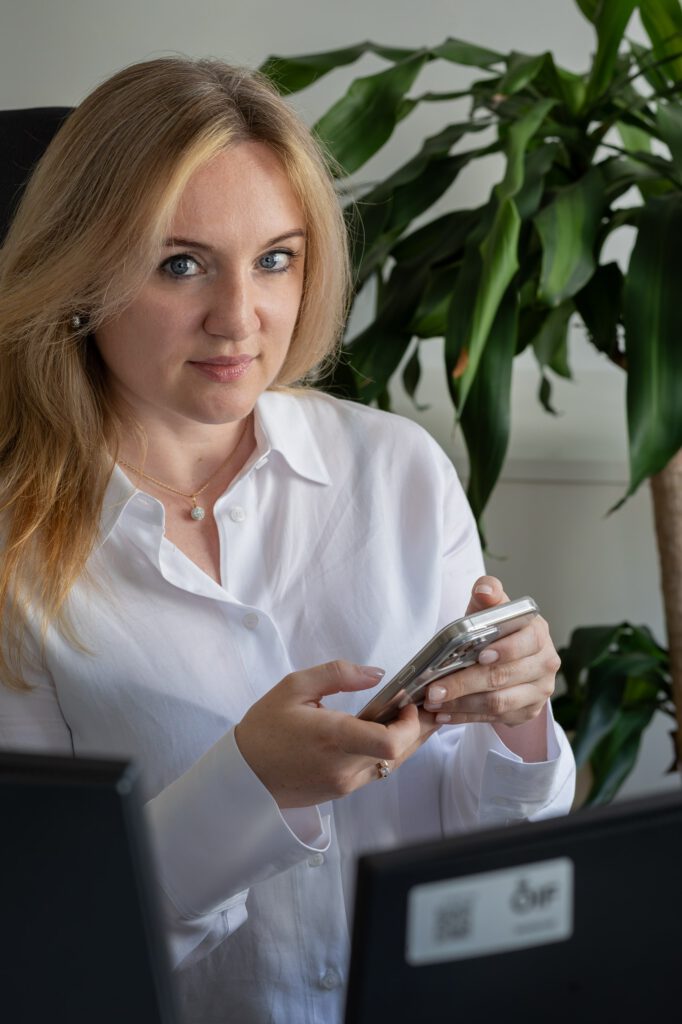
3 June 2024
Olena Tereshchuk: “I understand how and where to broaden my experience and how to adapt it to the post-war reality in Ukraine”
Read more
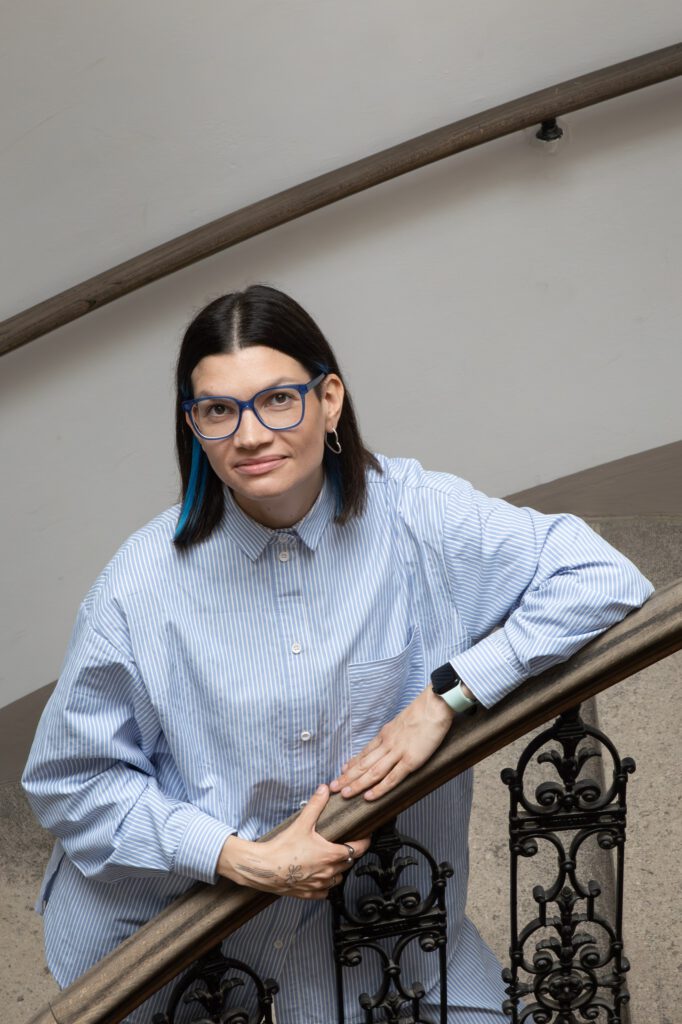
30 May 2024
Olesia Kyselova: “My experience in Austria has given me some real-life skills and competencies that can play a vital role in Ukraine’s future reconstruction”
Read more
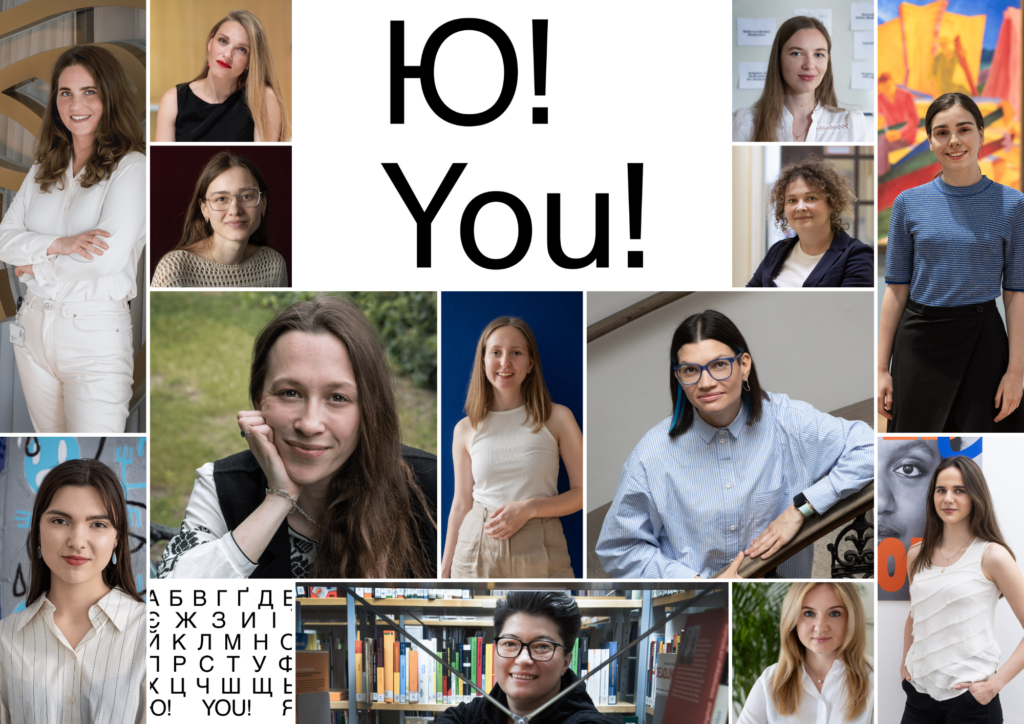
30 May 2024
Interviews with the Program Participants: Personal Stories of 13 Ukrainian Women
Read more
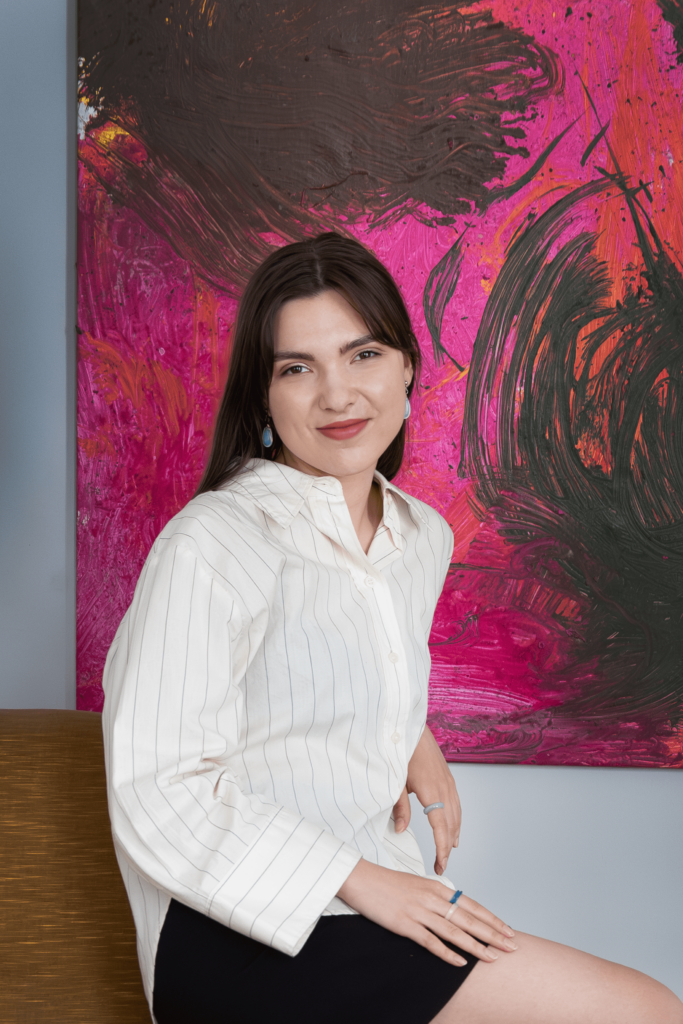
30 May 2024
Anastasiia Teslenko: “All of my expectations were met within the Professional Integration HUB program”
Read more
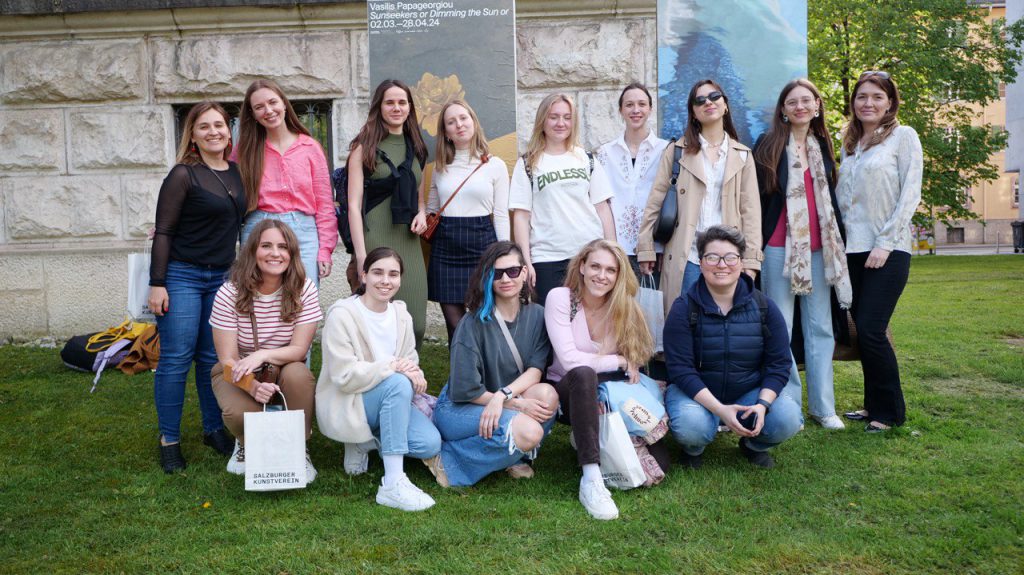
17 April 2024
Study Visit to Salzburger Kunstverein
Read more
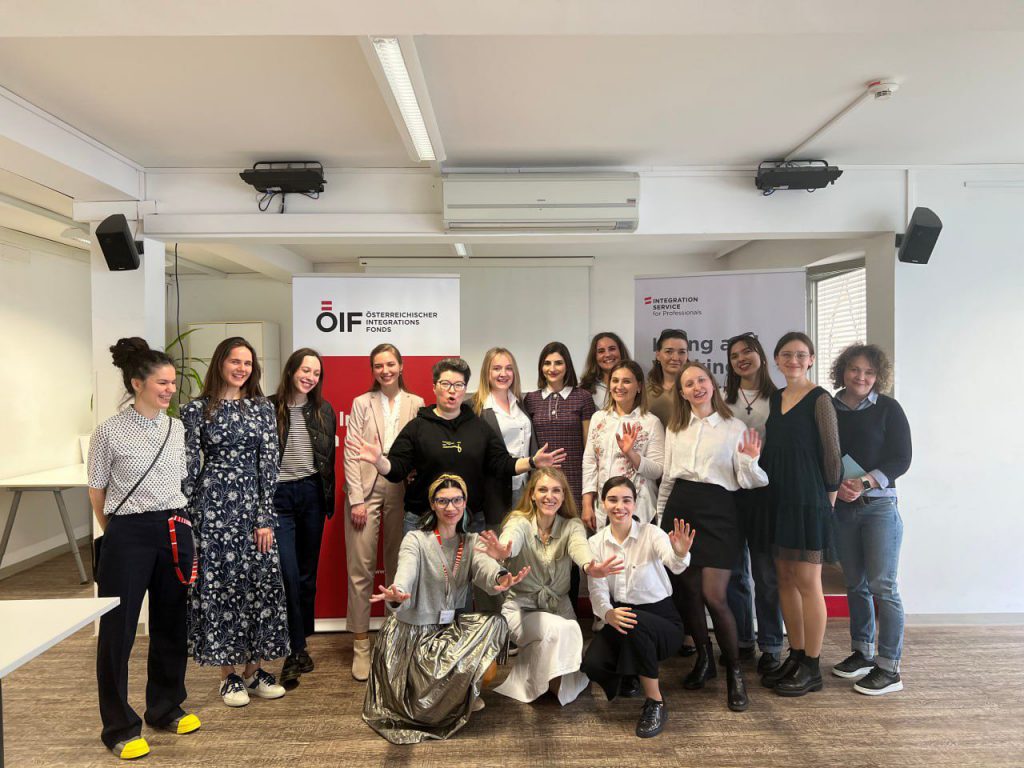
10 April 2024
Study Visit to the ÖIF
Read more
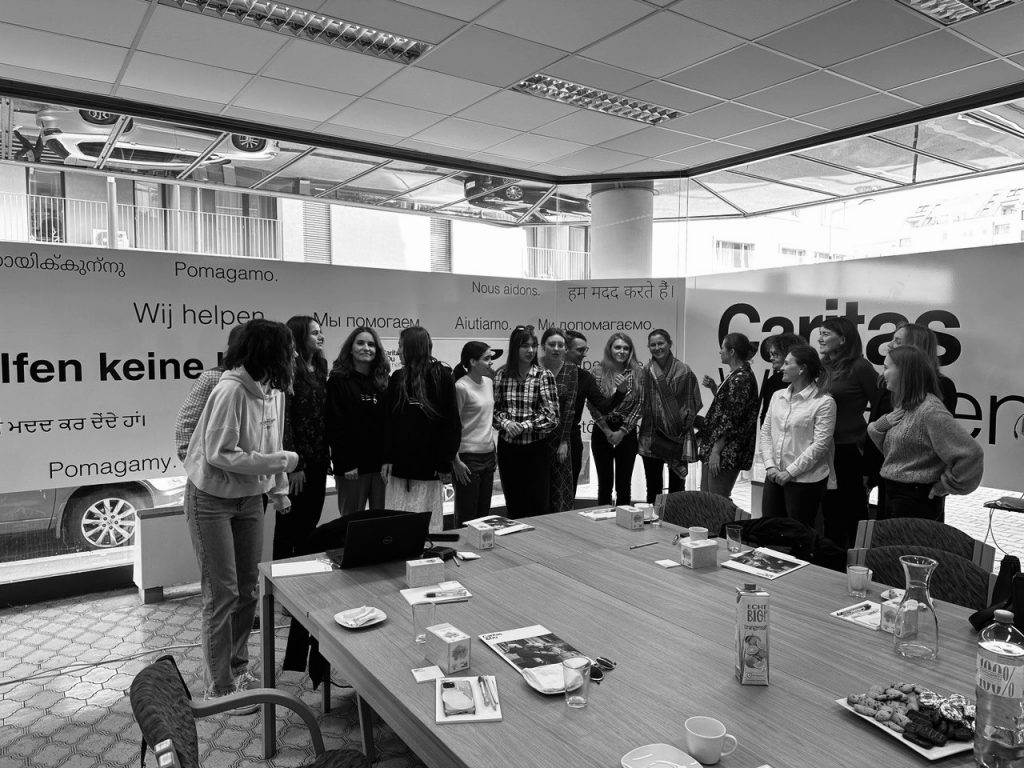
21 March 2024
Study Visit to Caritas Austria
Read more
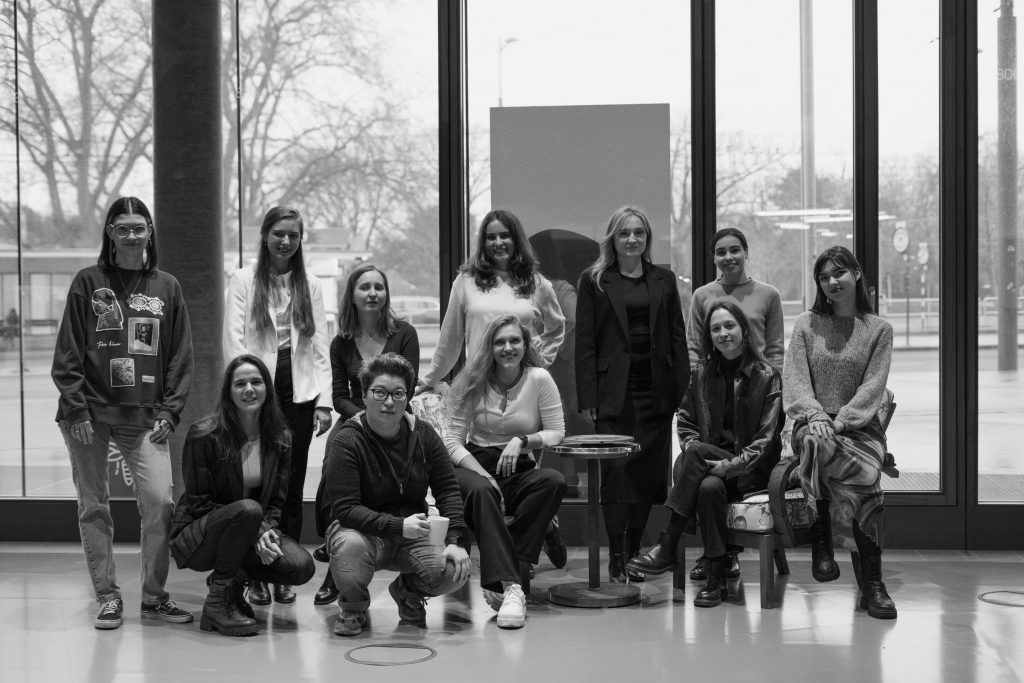
5 March 2024
Opening of the Professional Integration HUB in Photos
Read more

4 March 2024
Results of the Selection of Participants in the Program
Read more
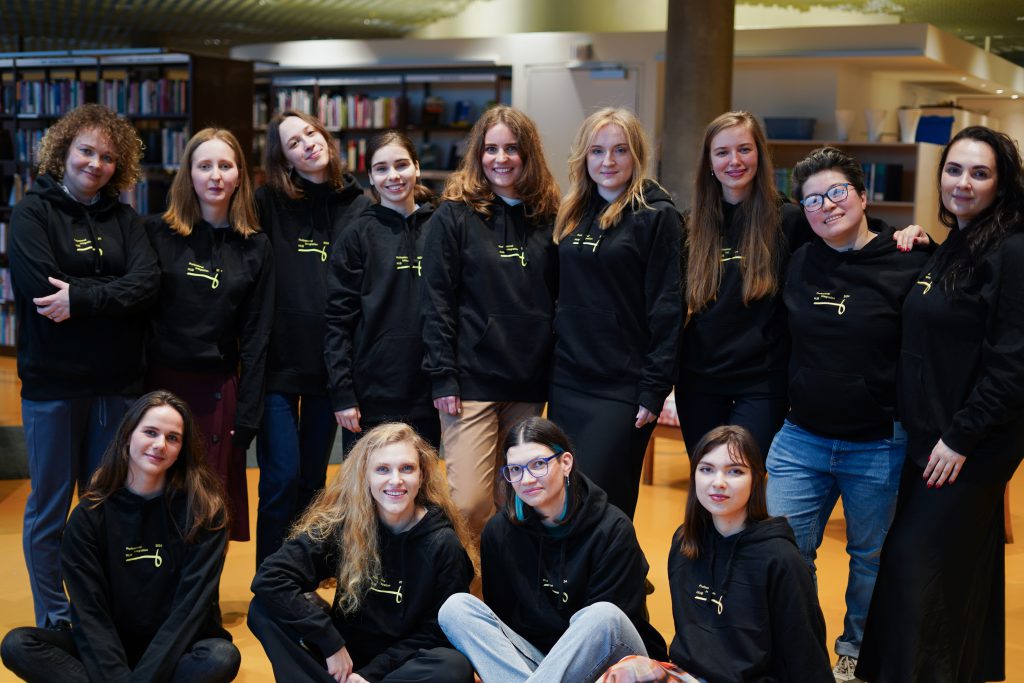
7 February 2024
List of Program Participants
Read more